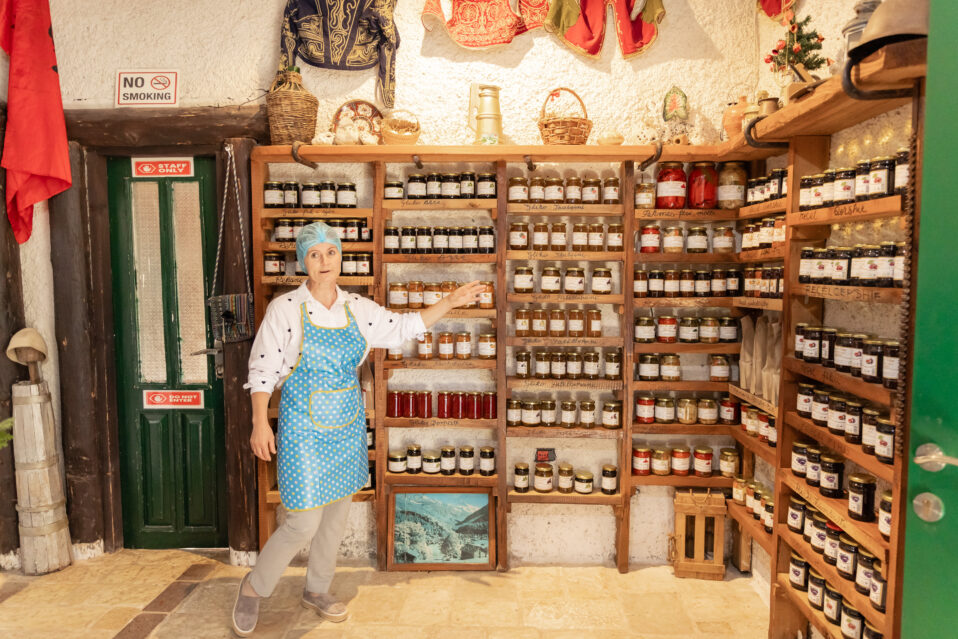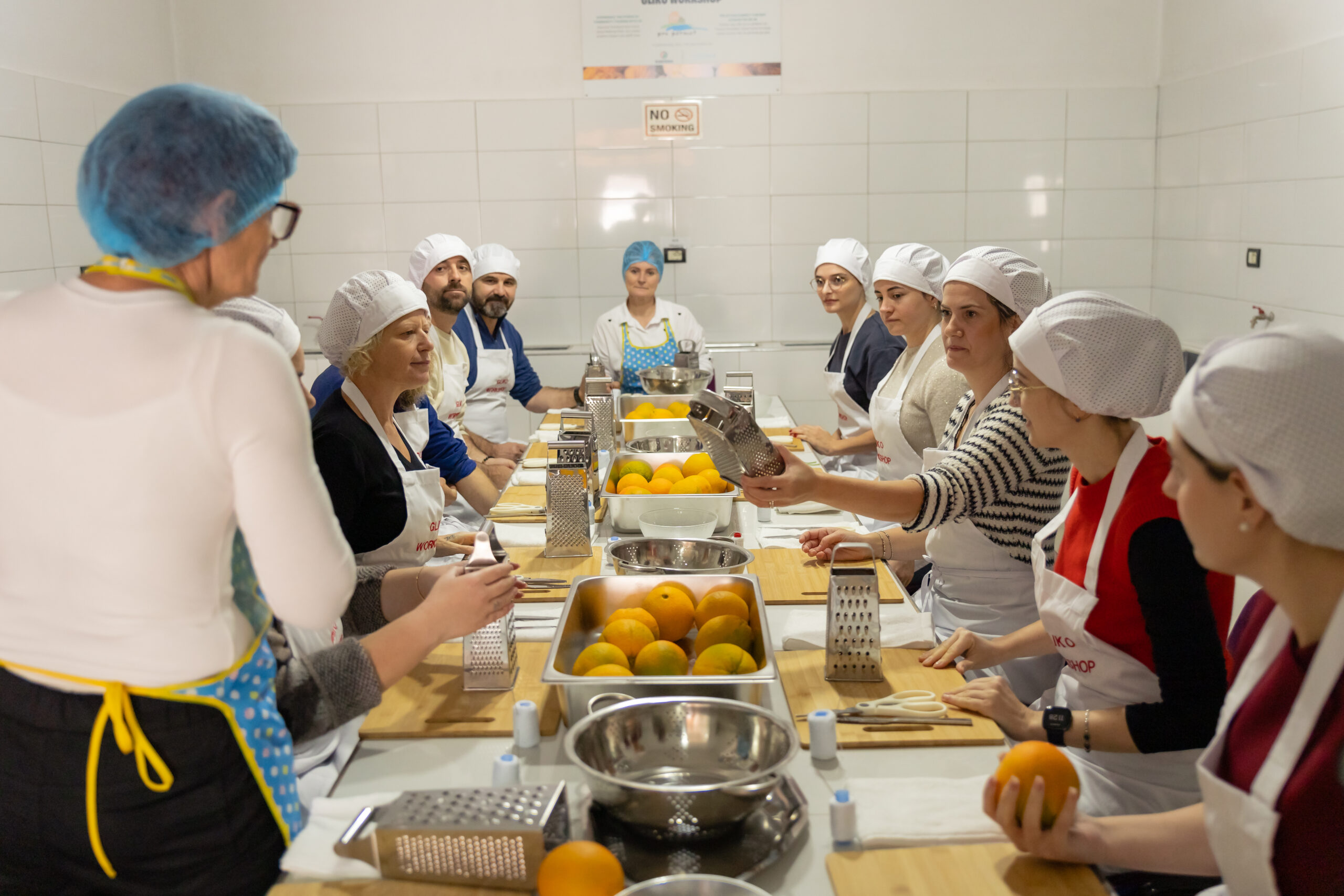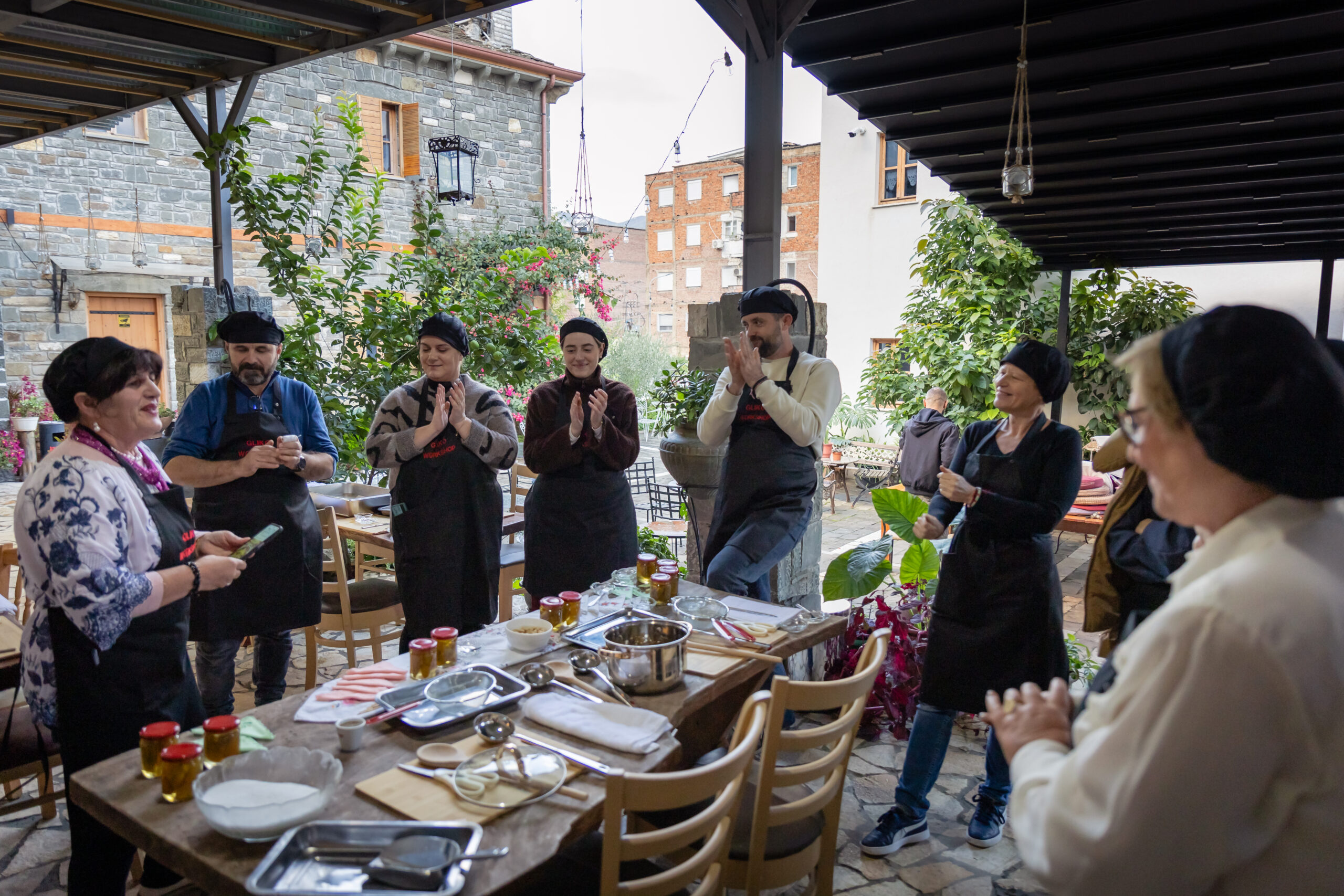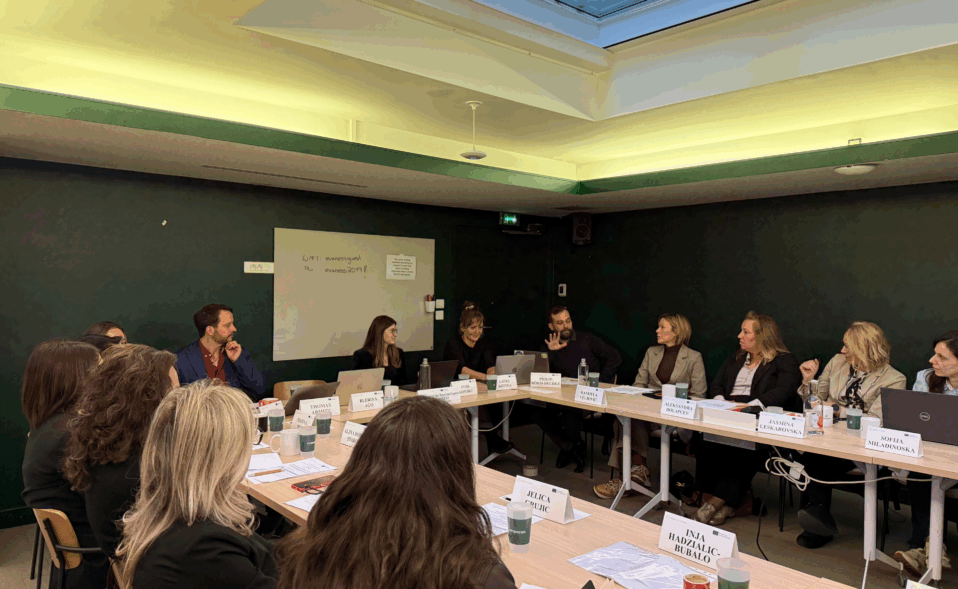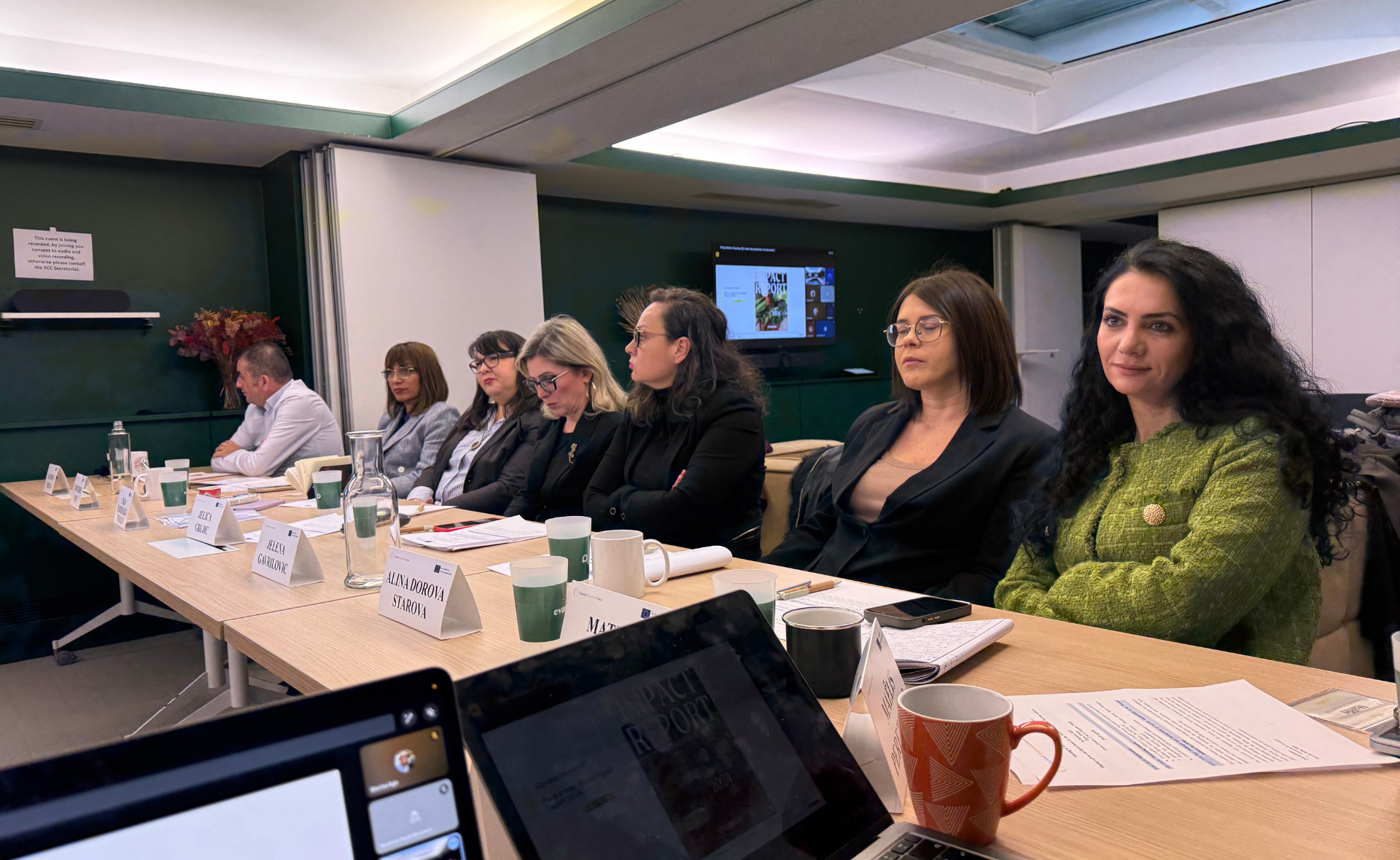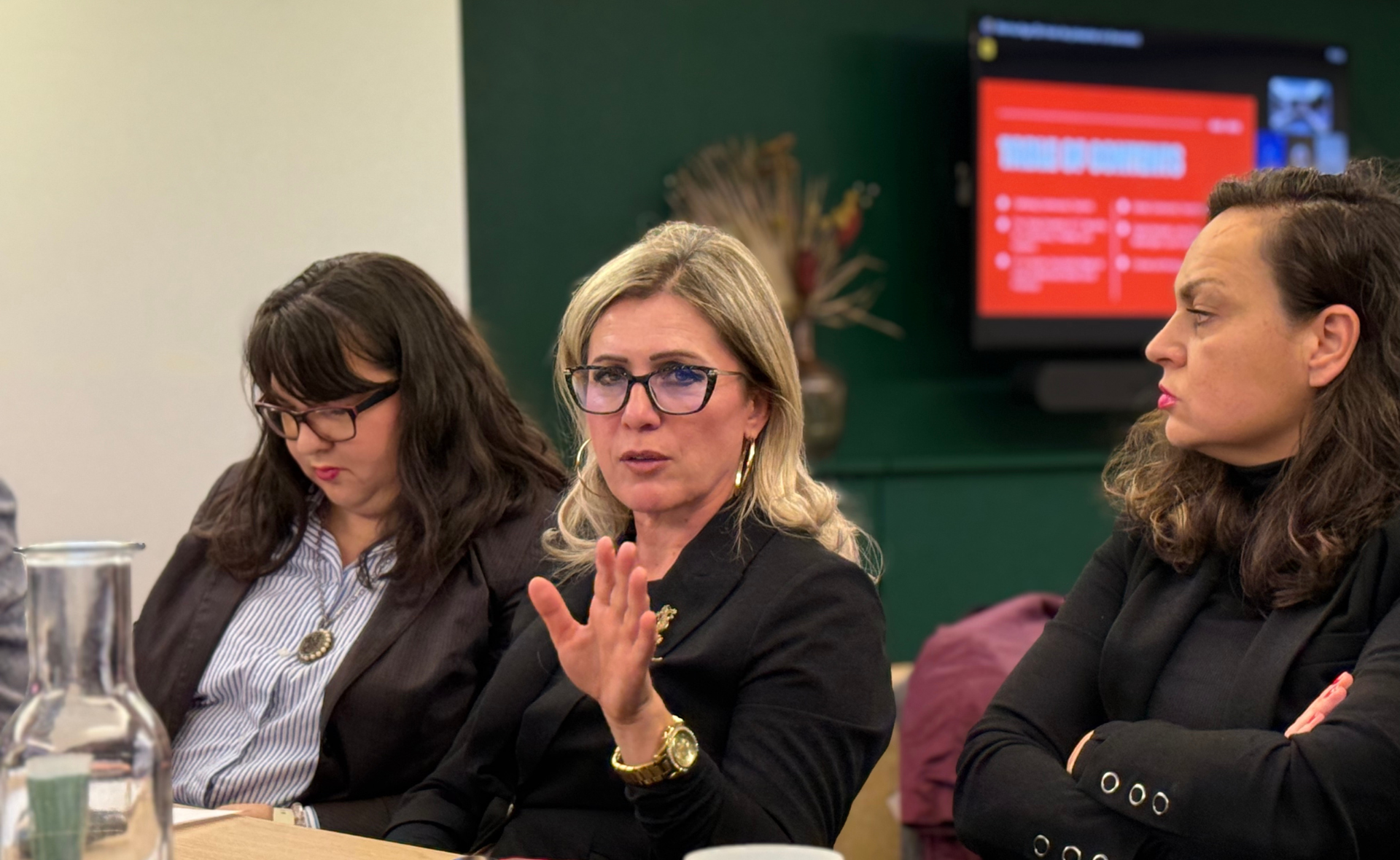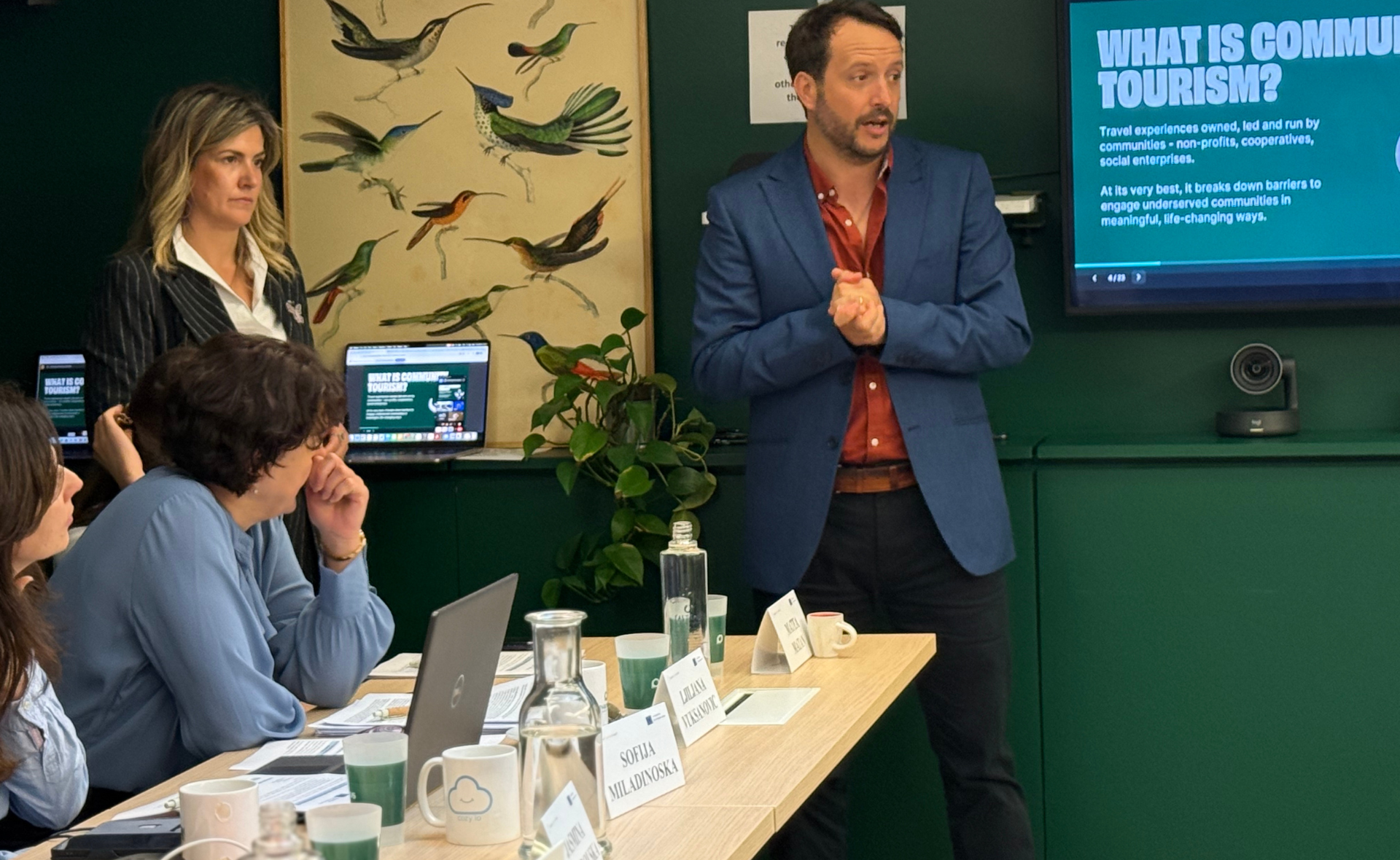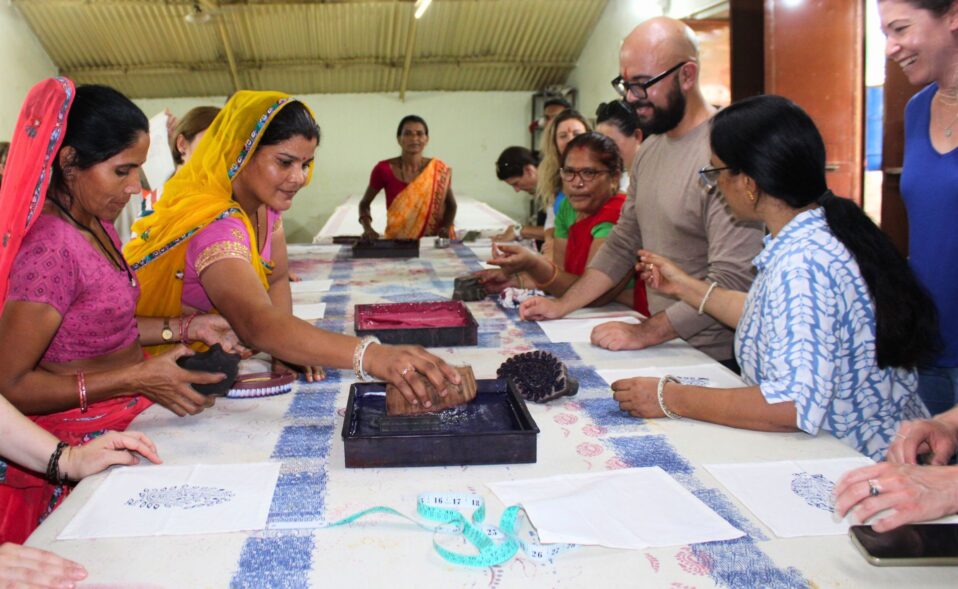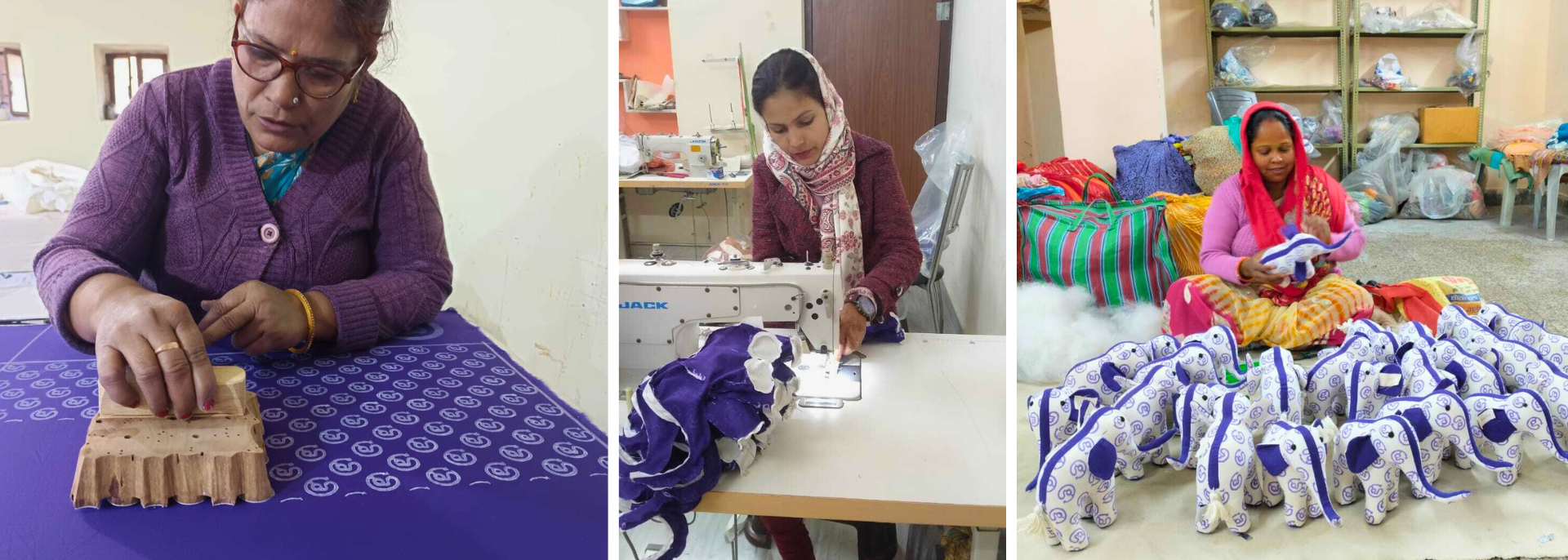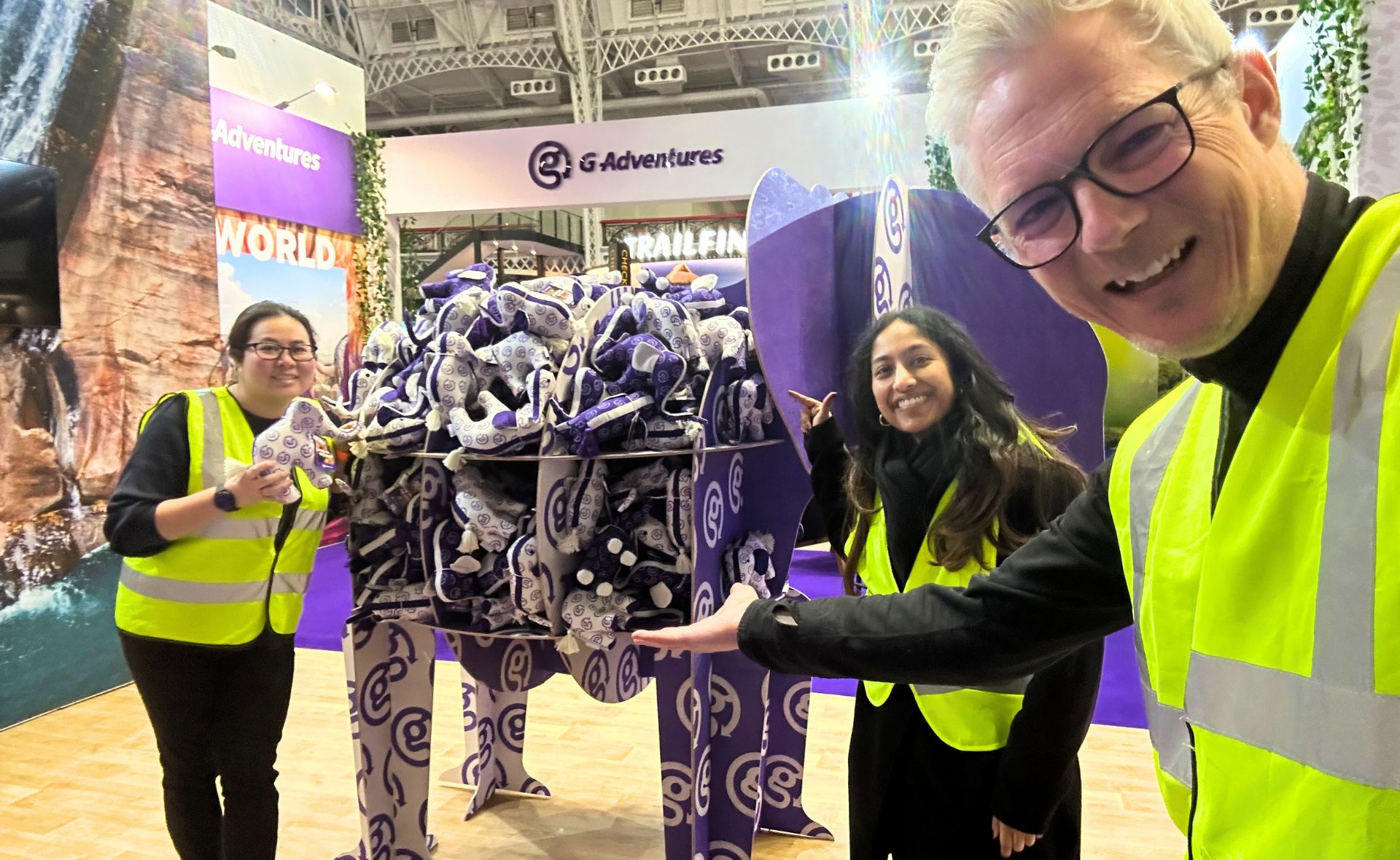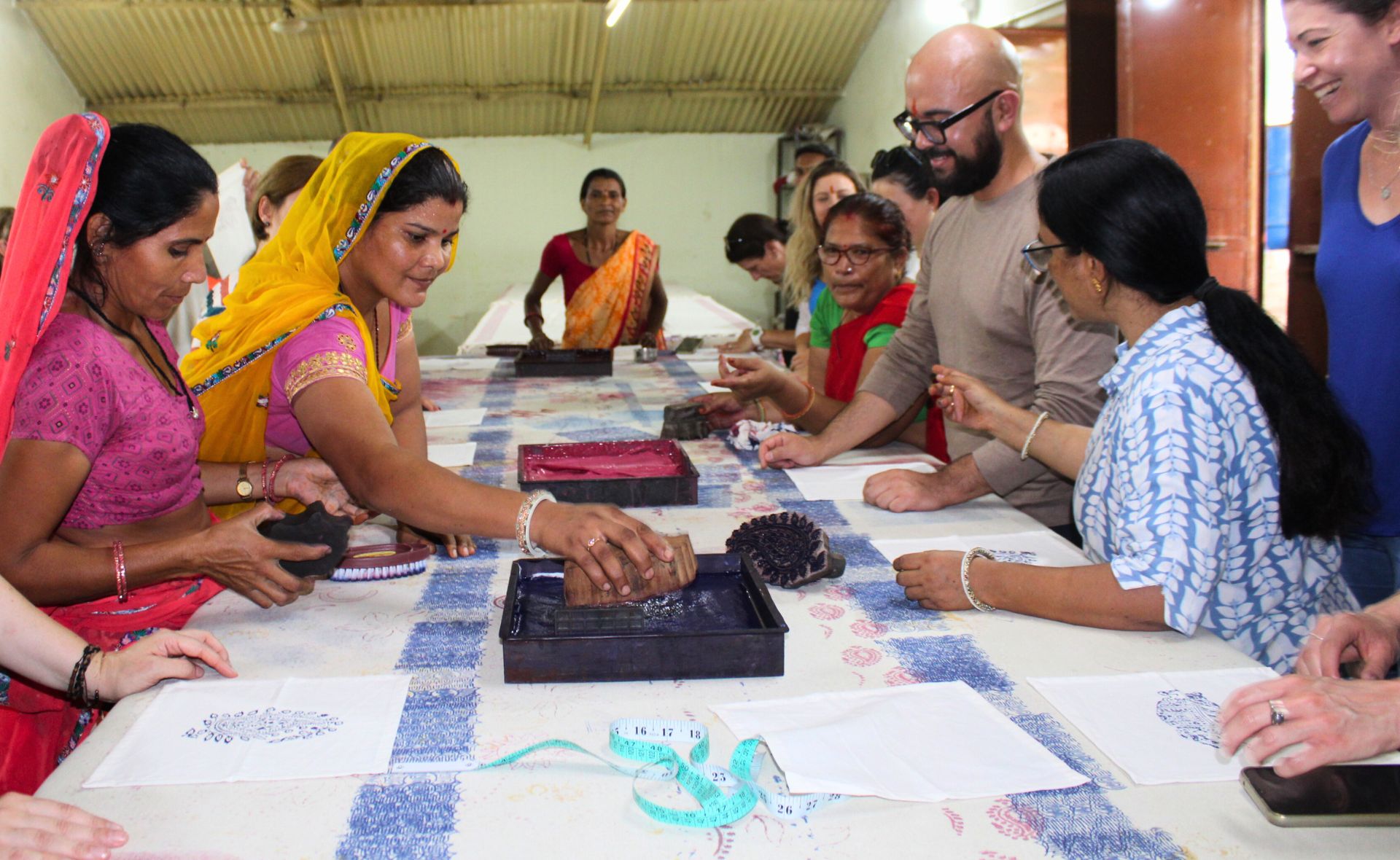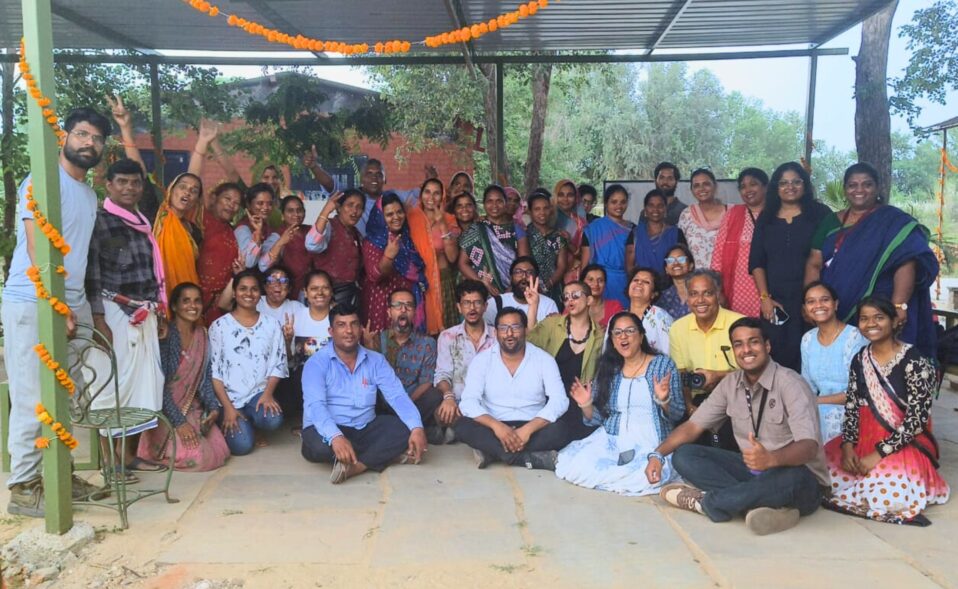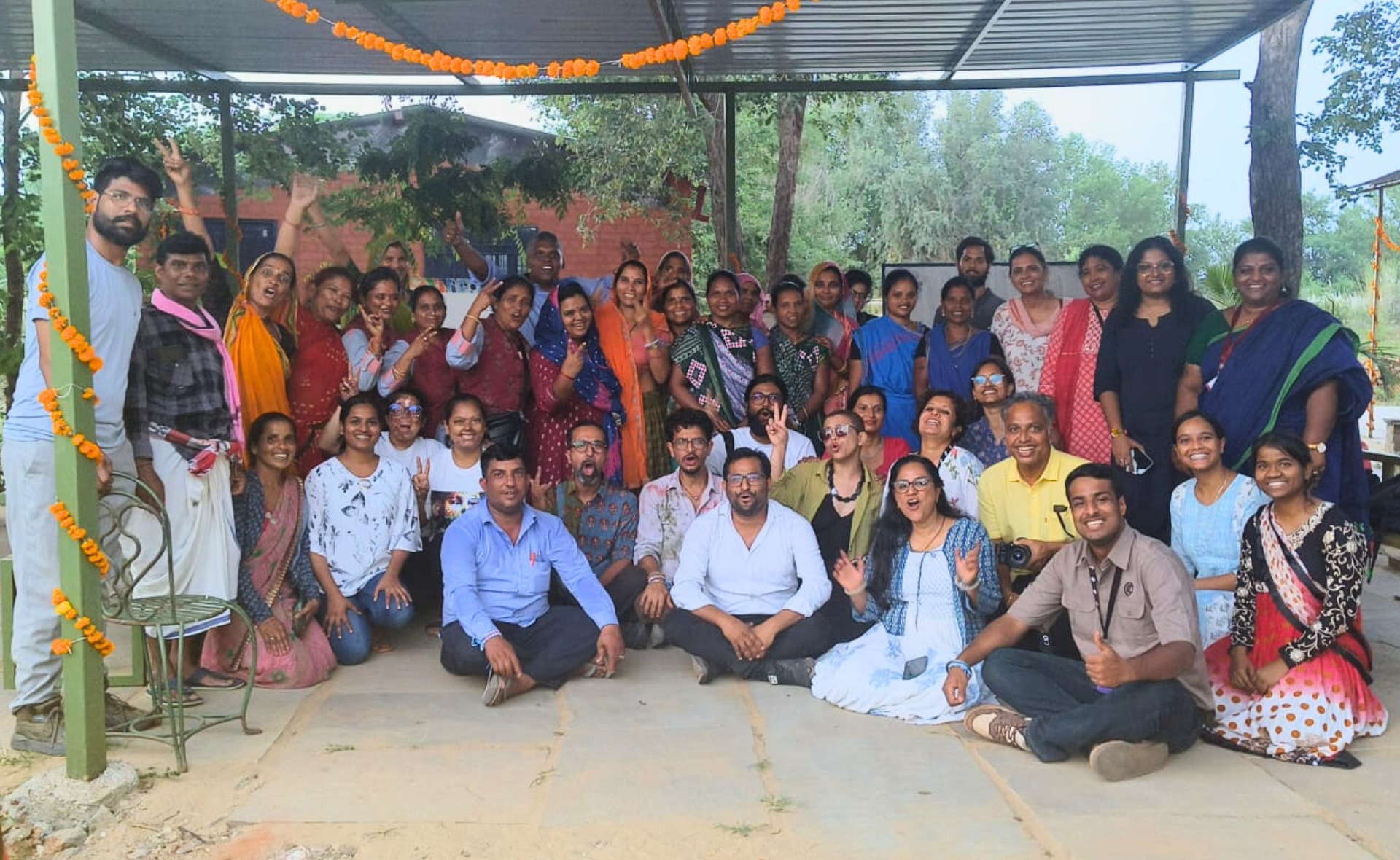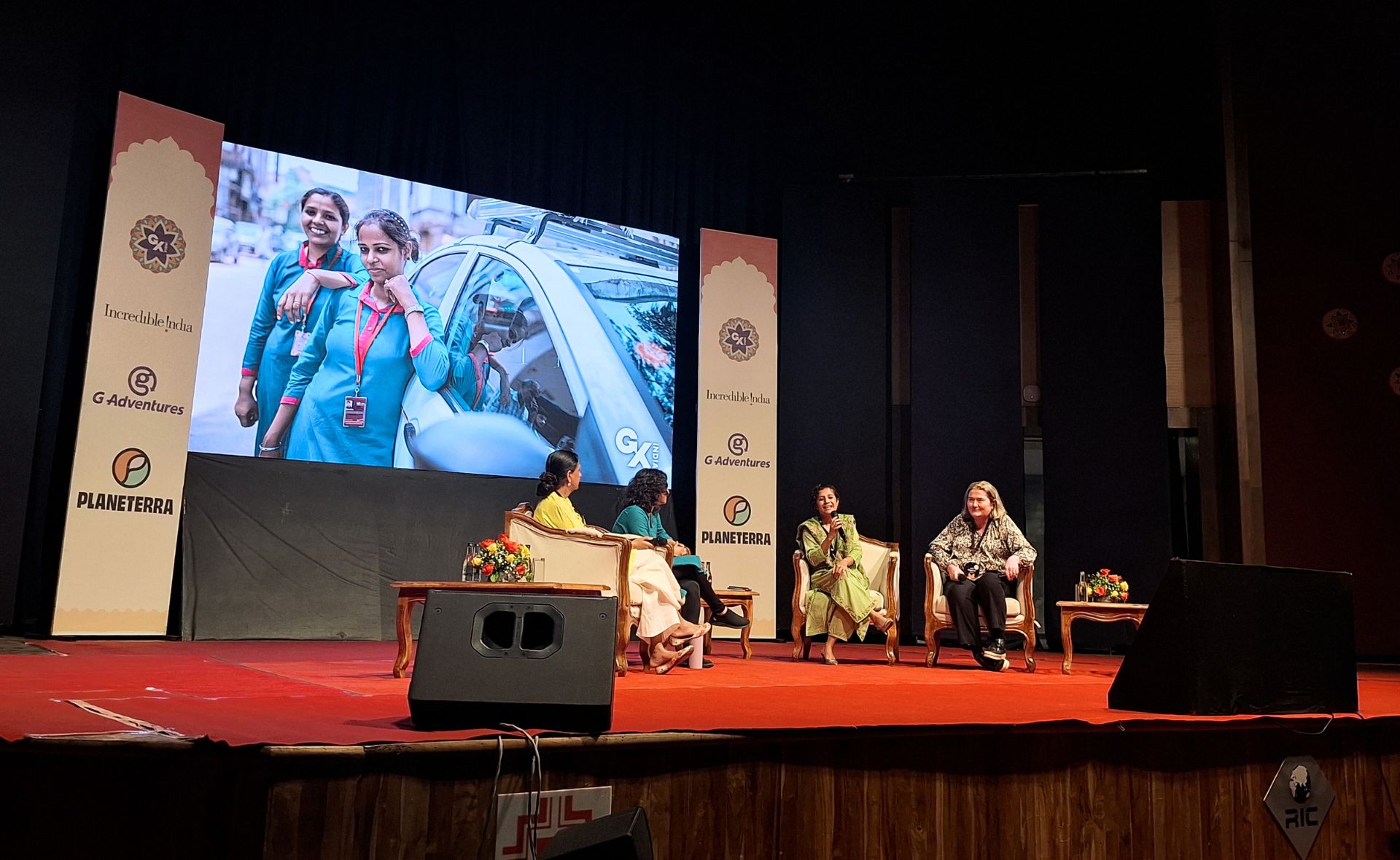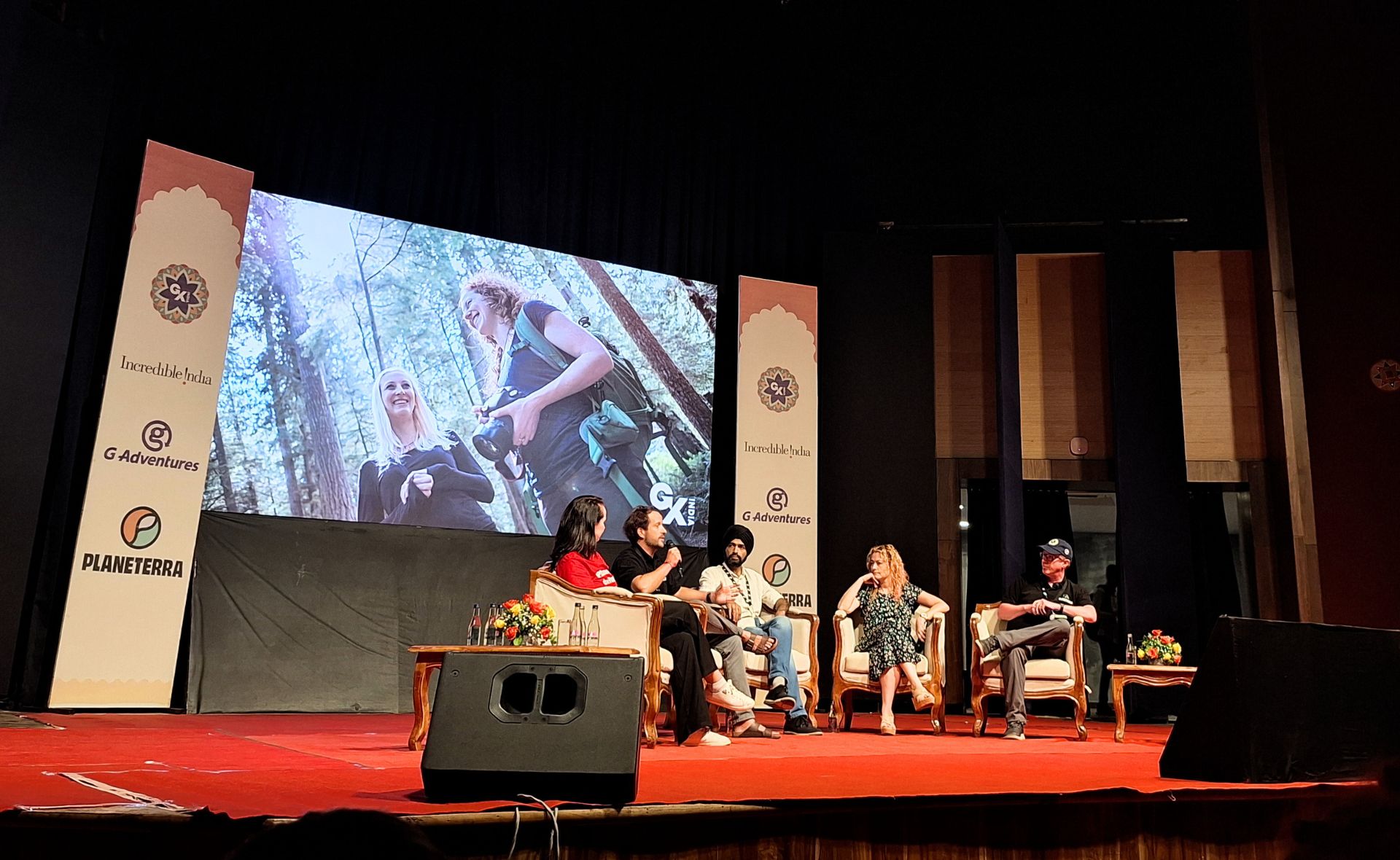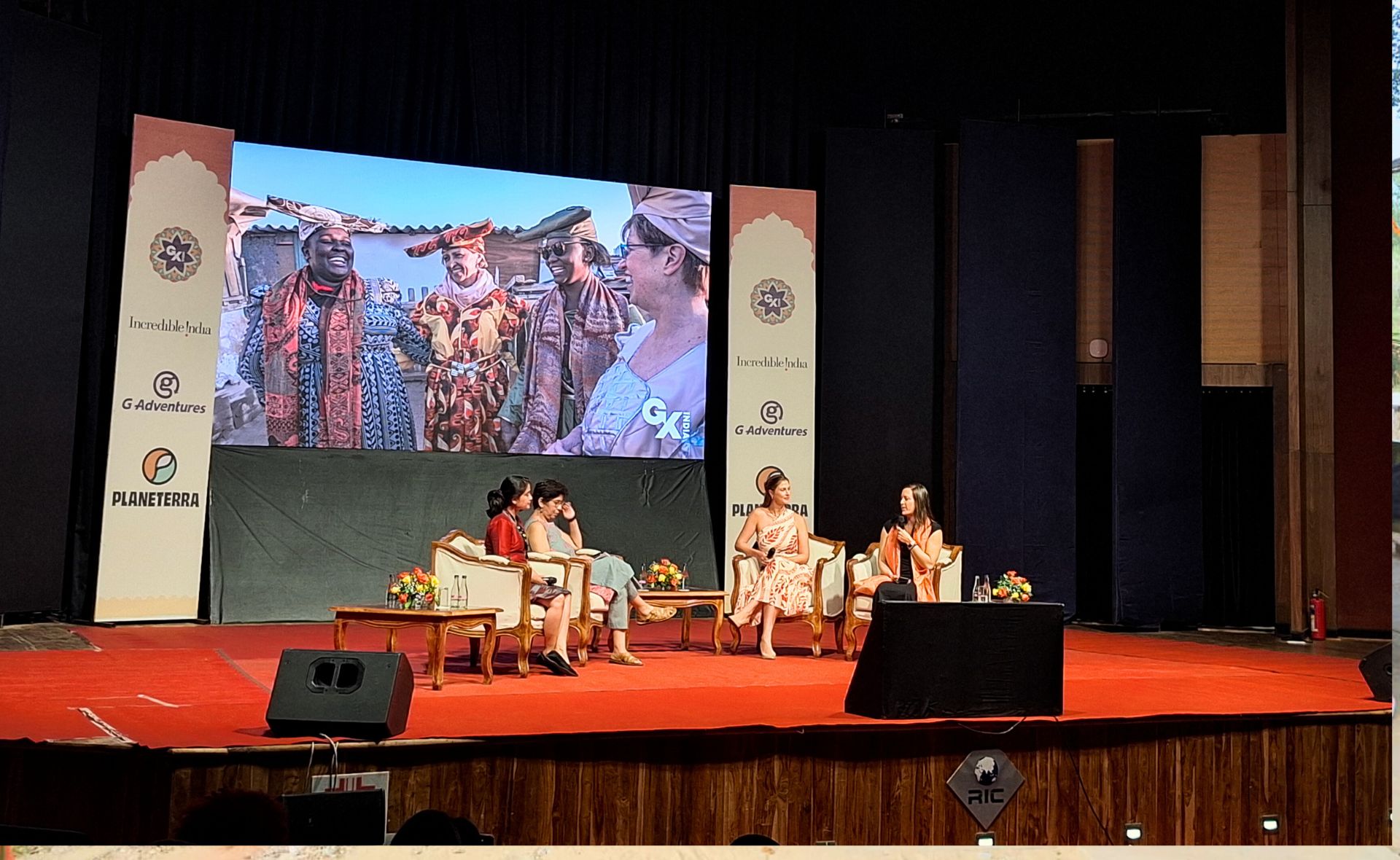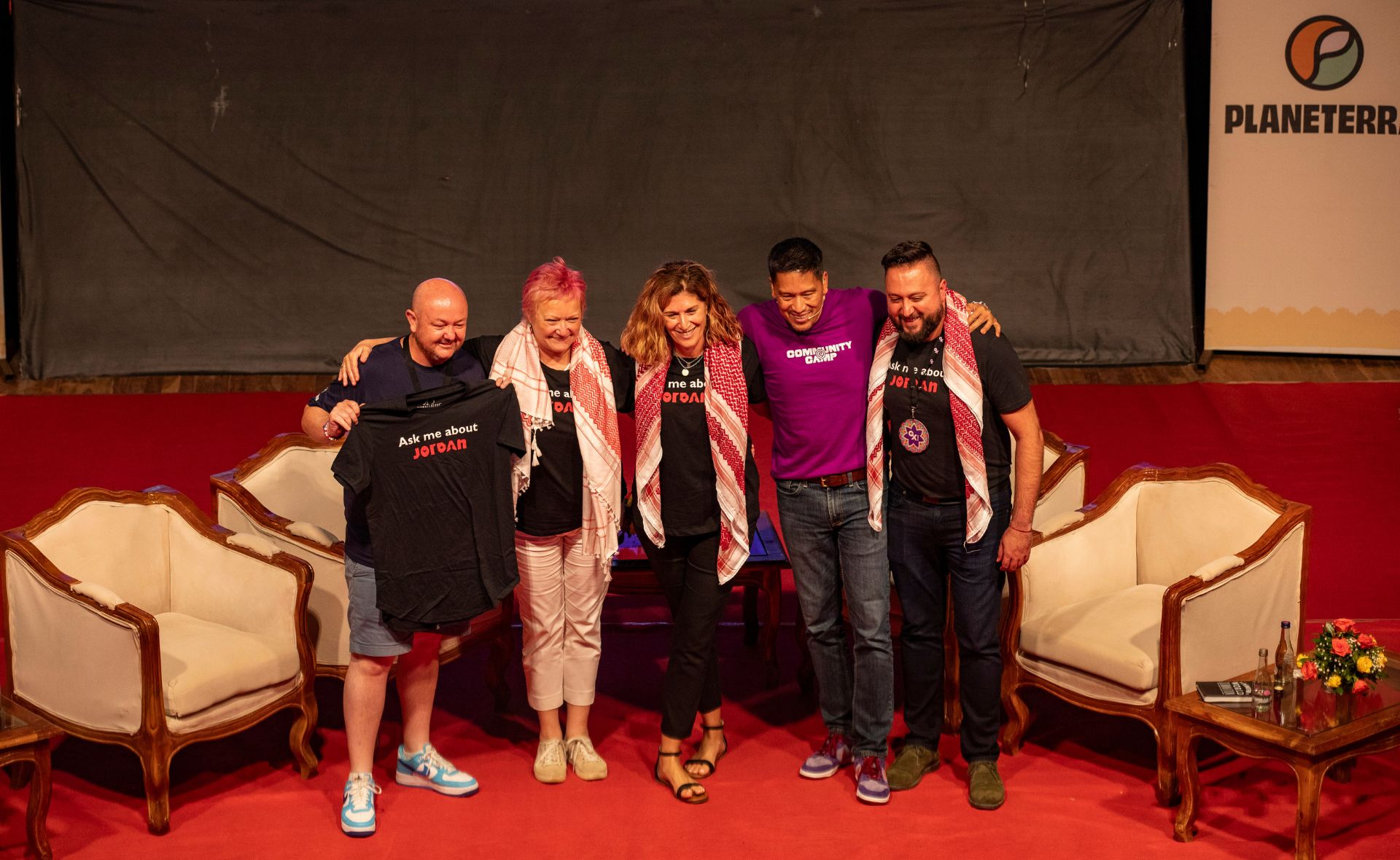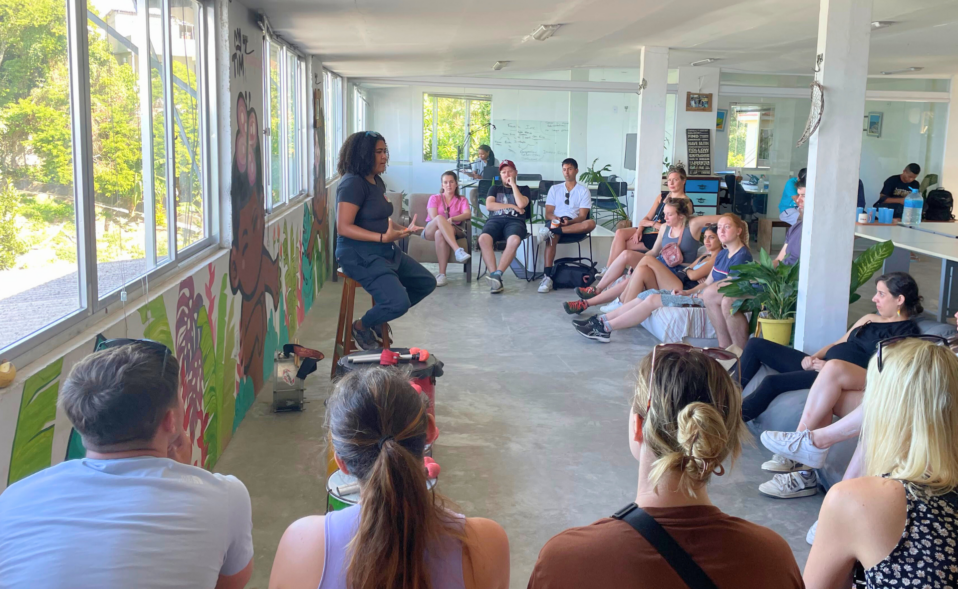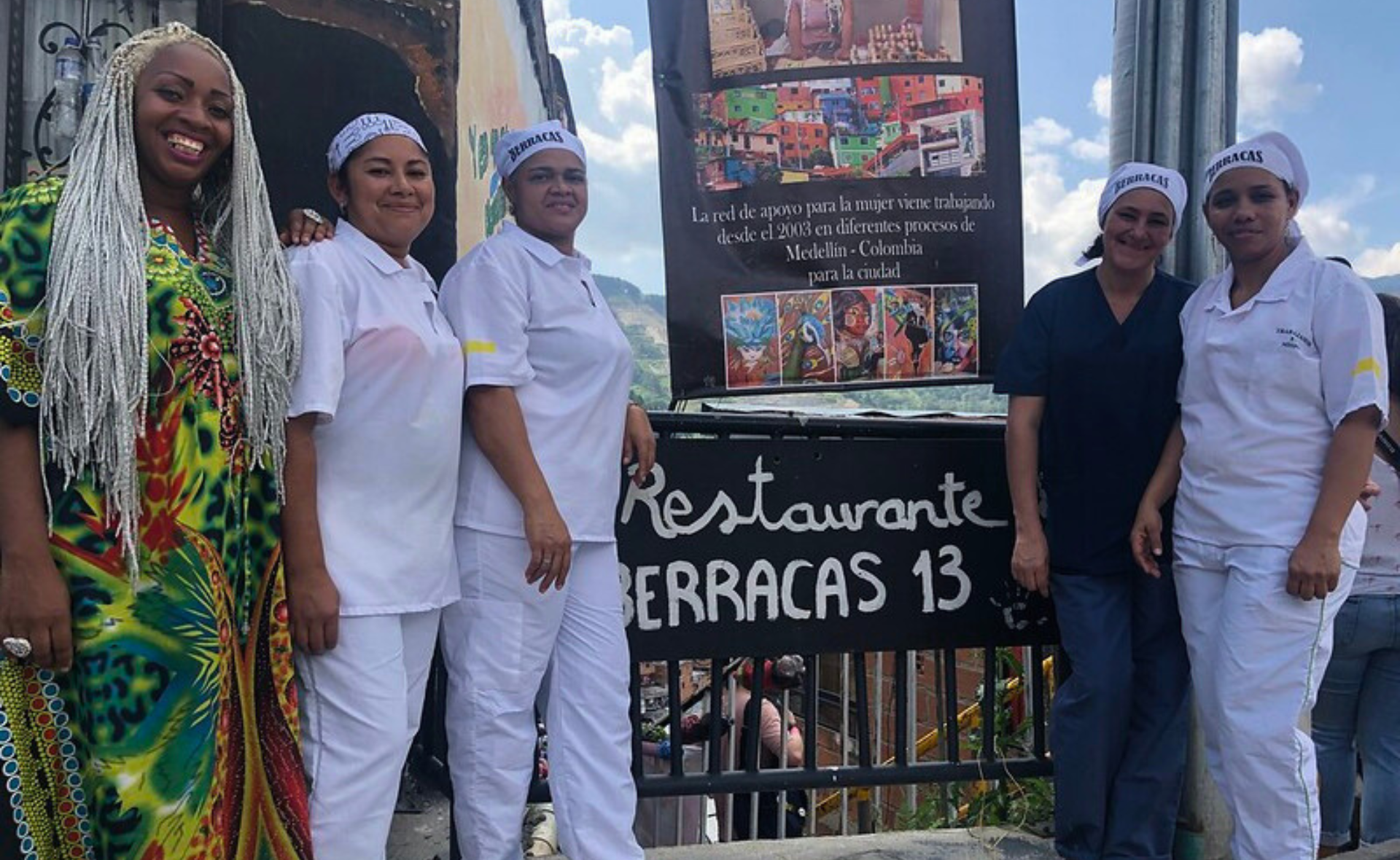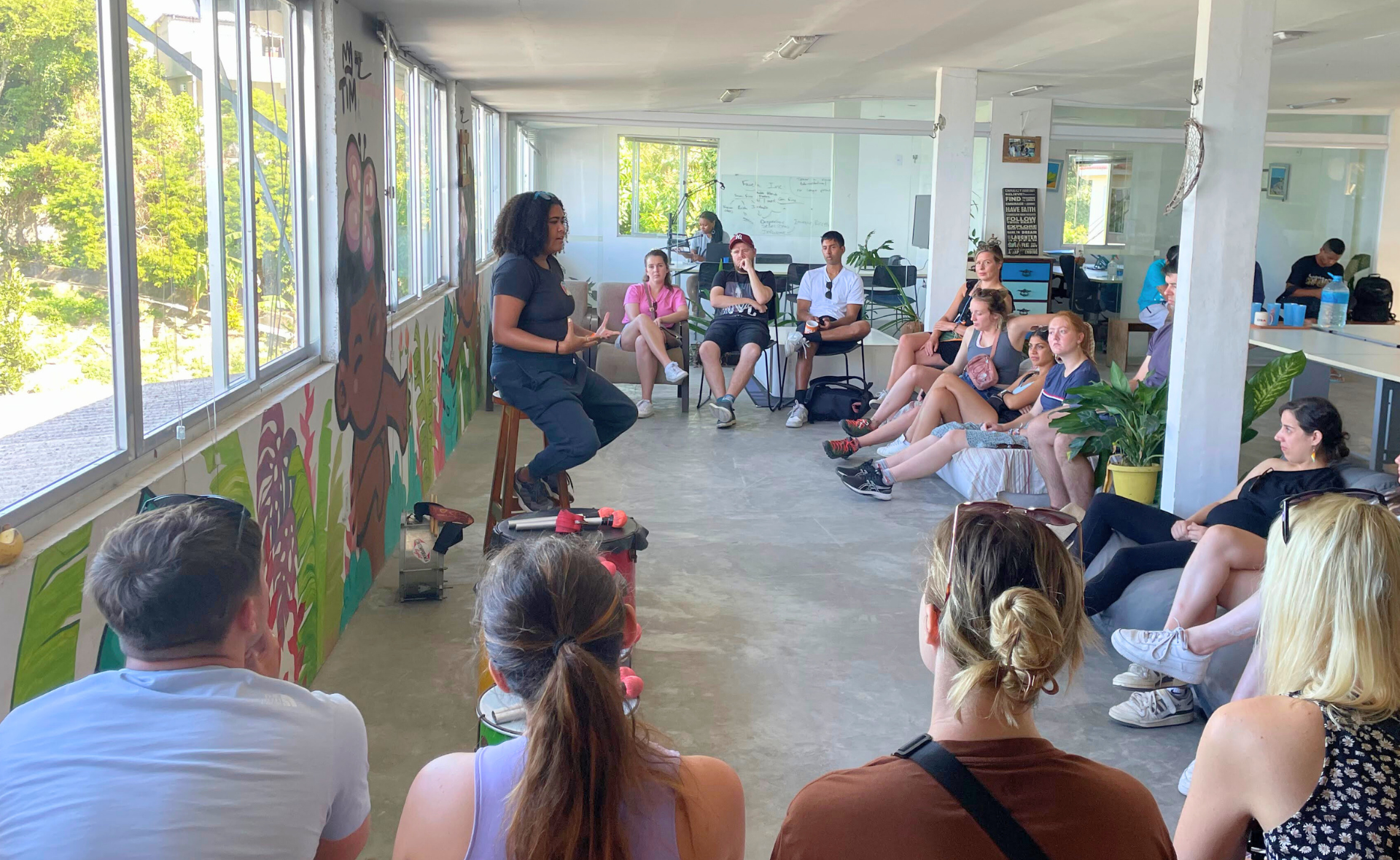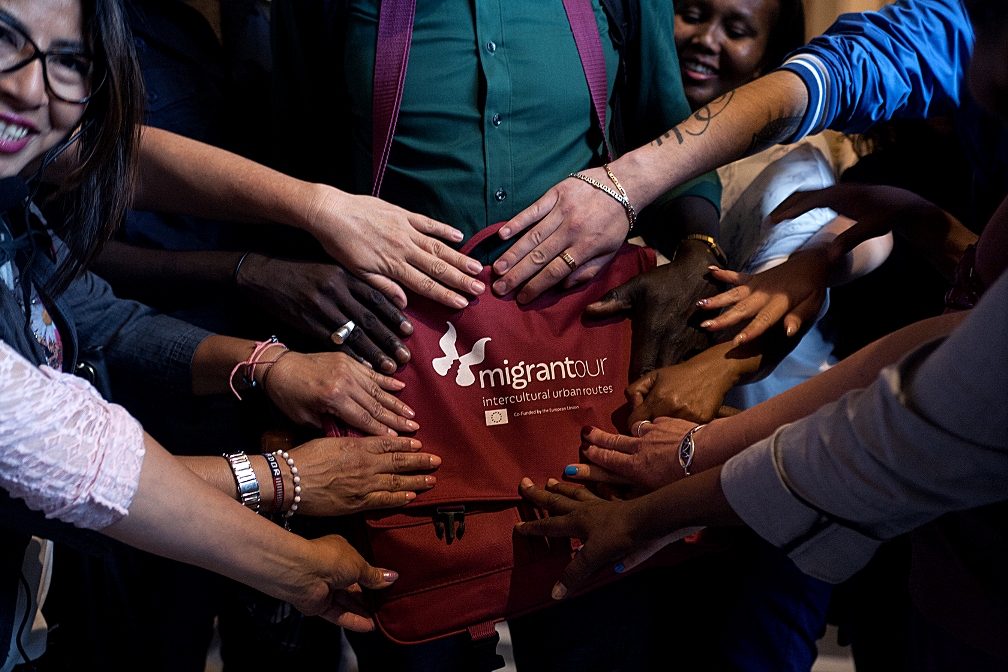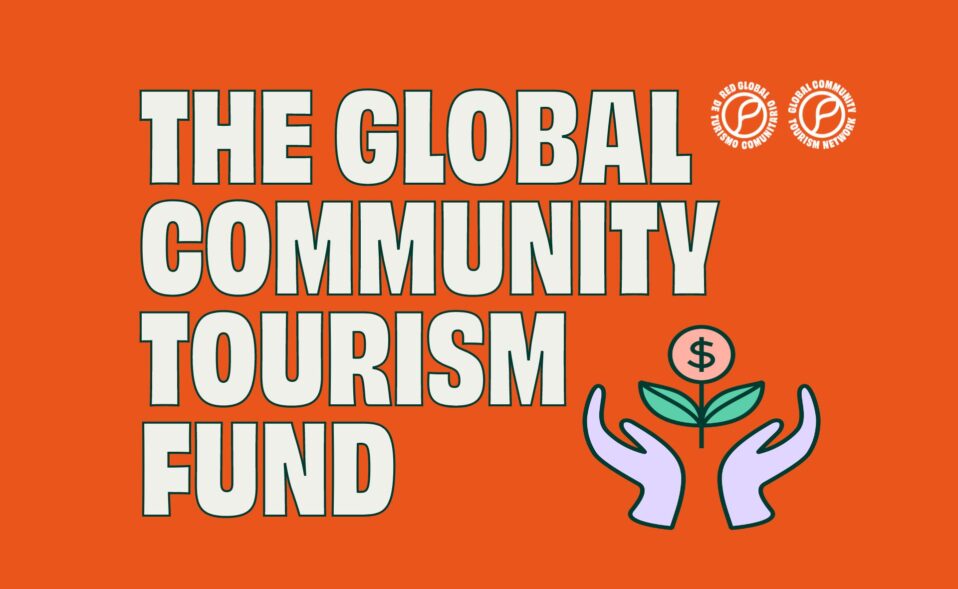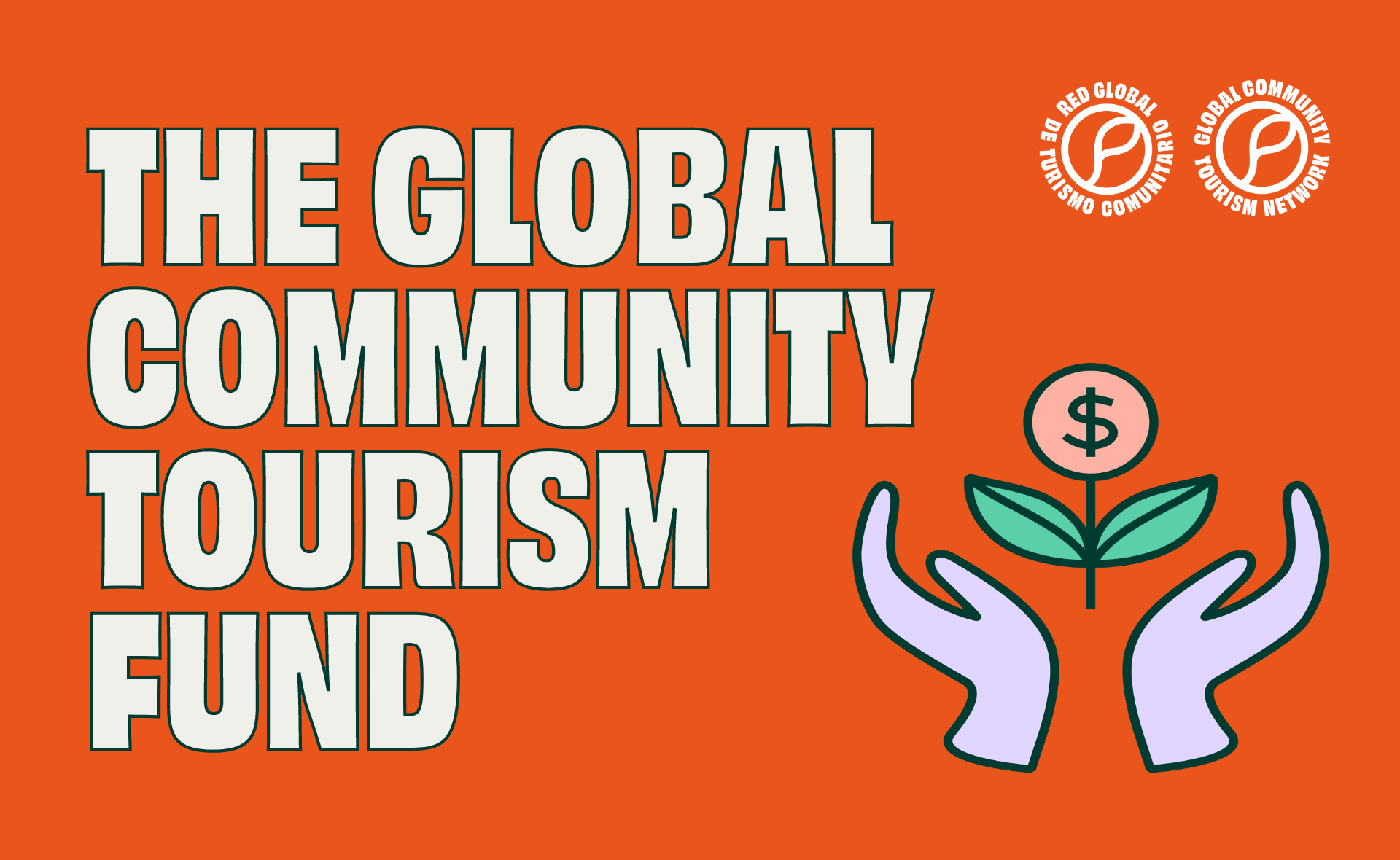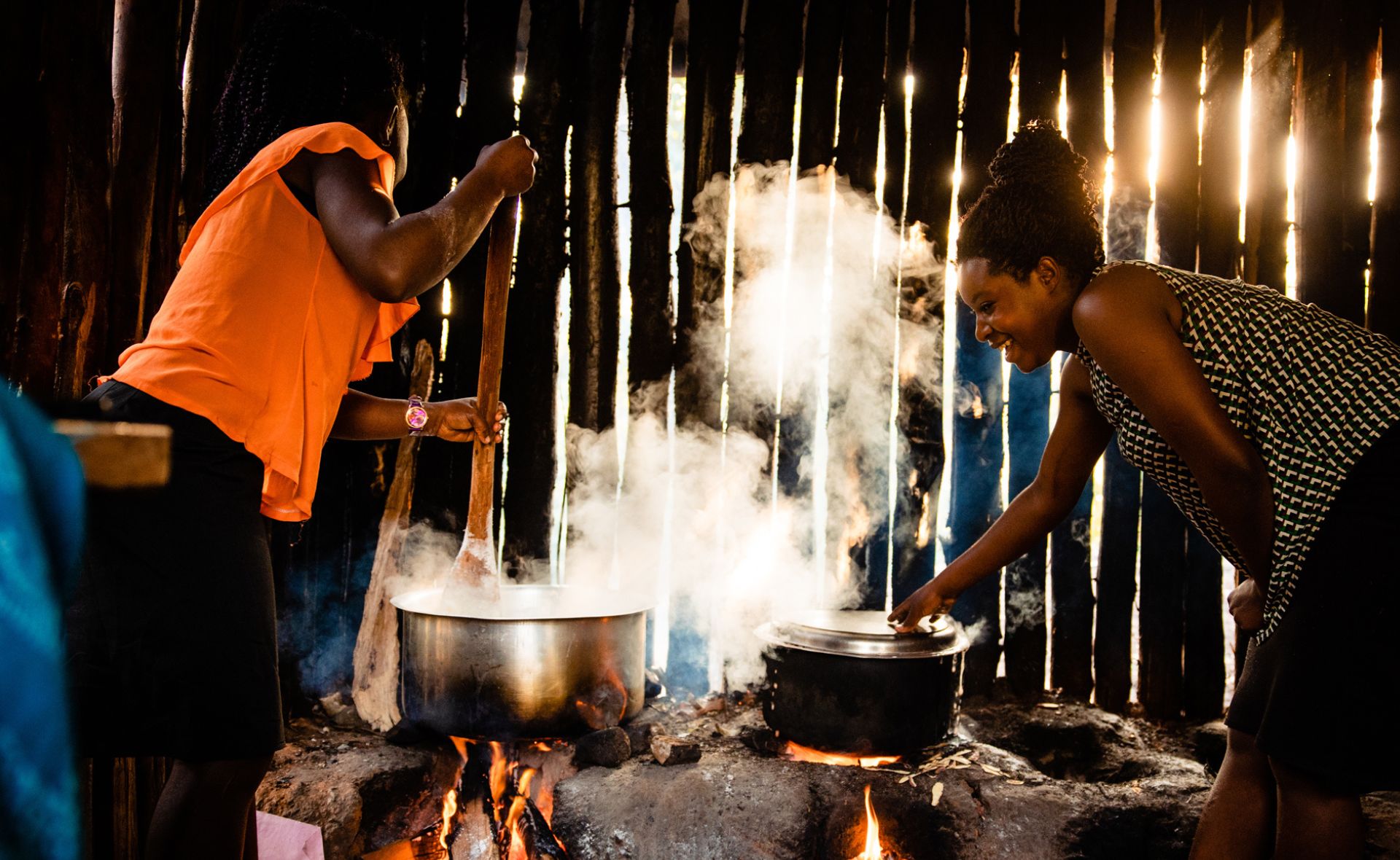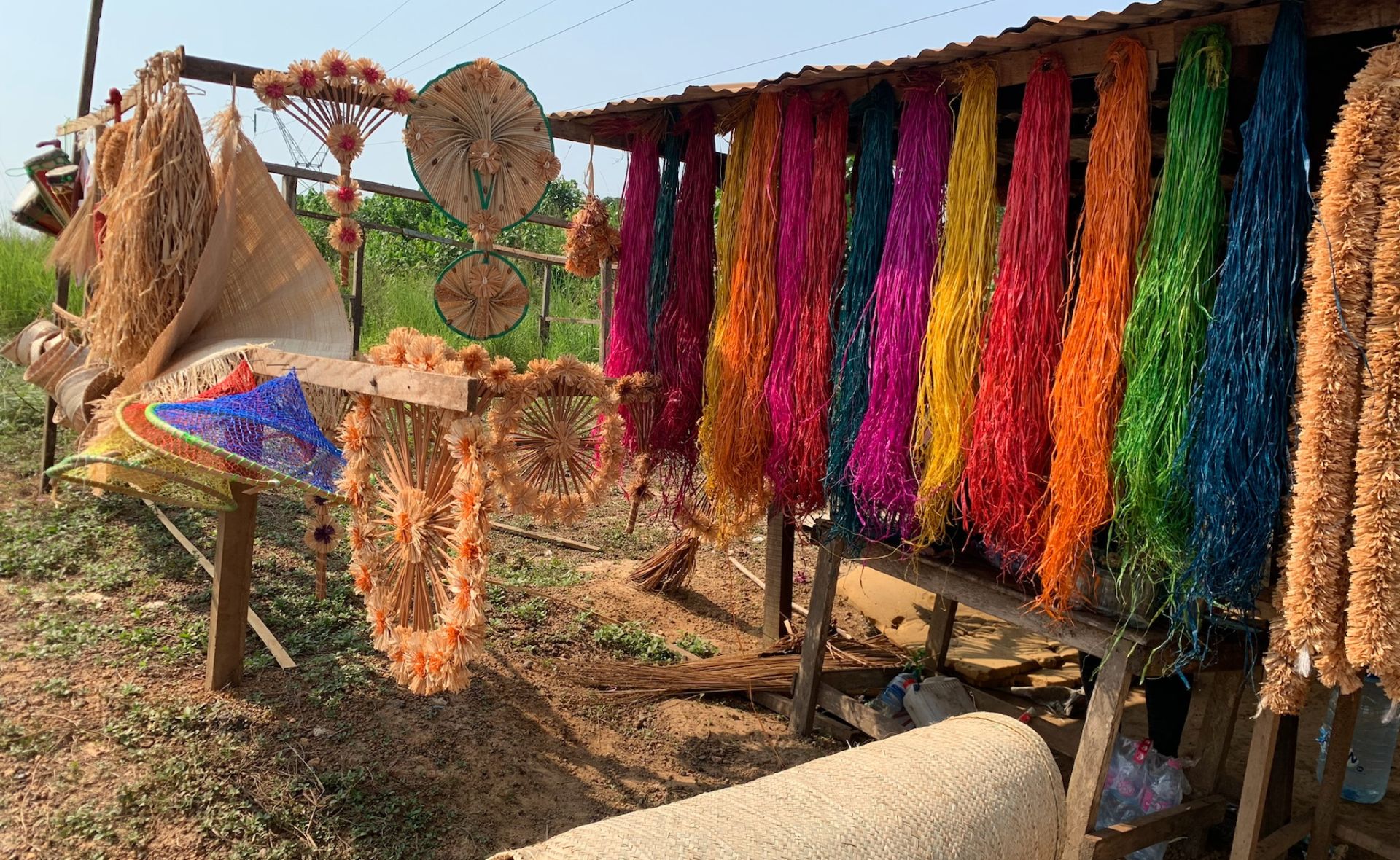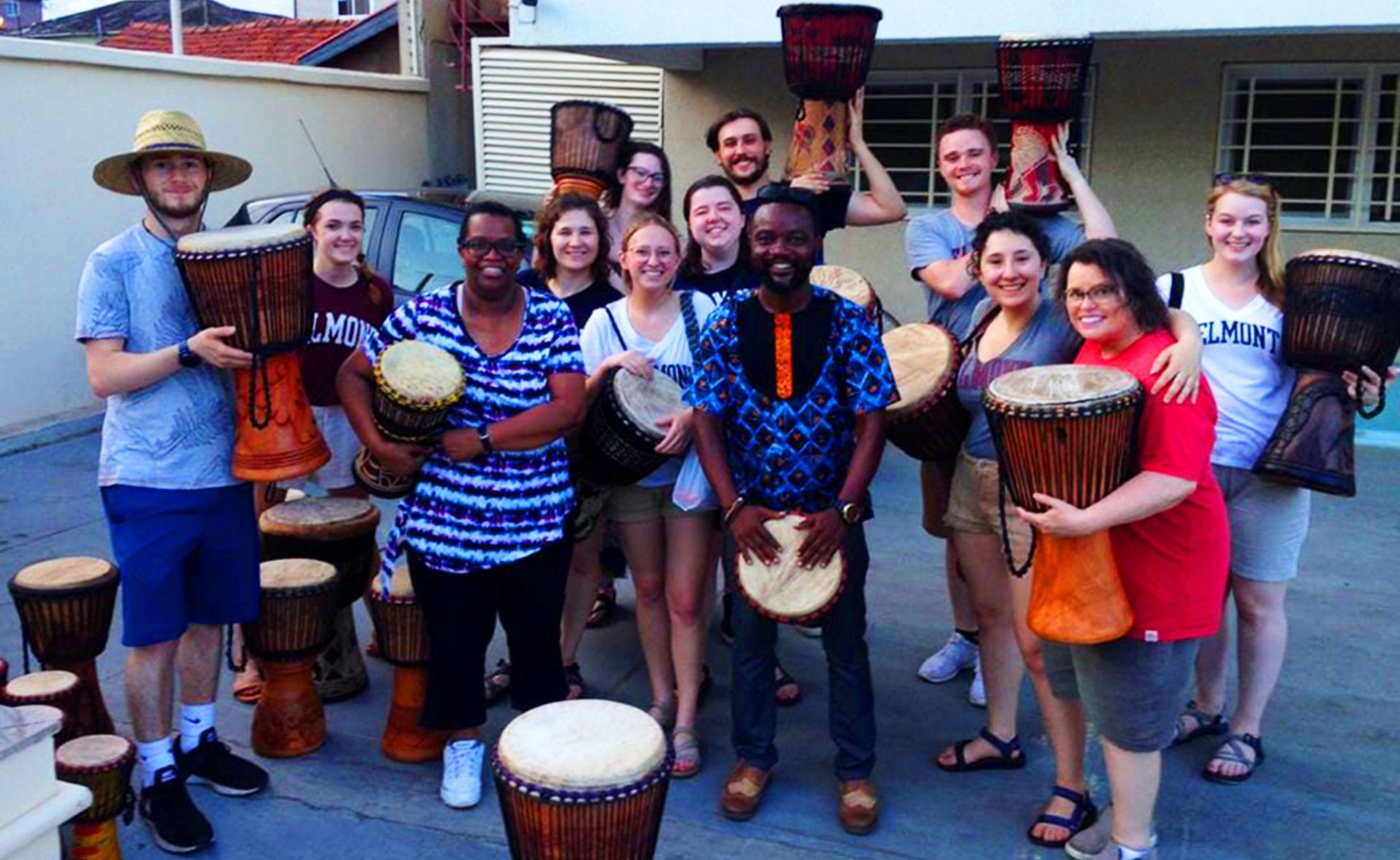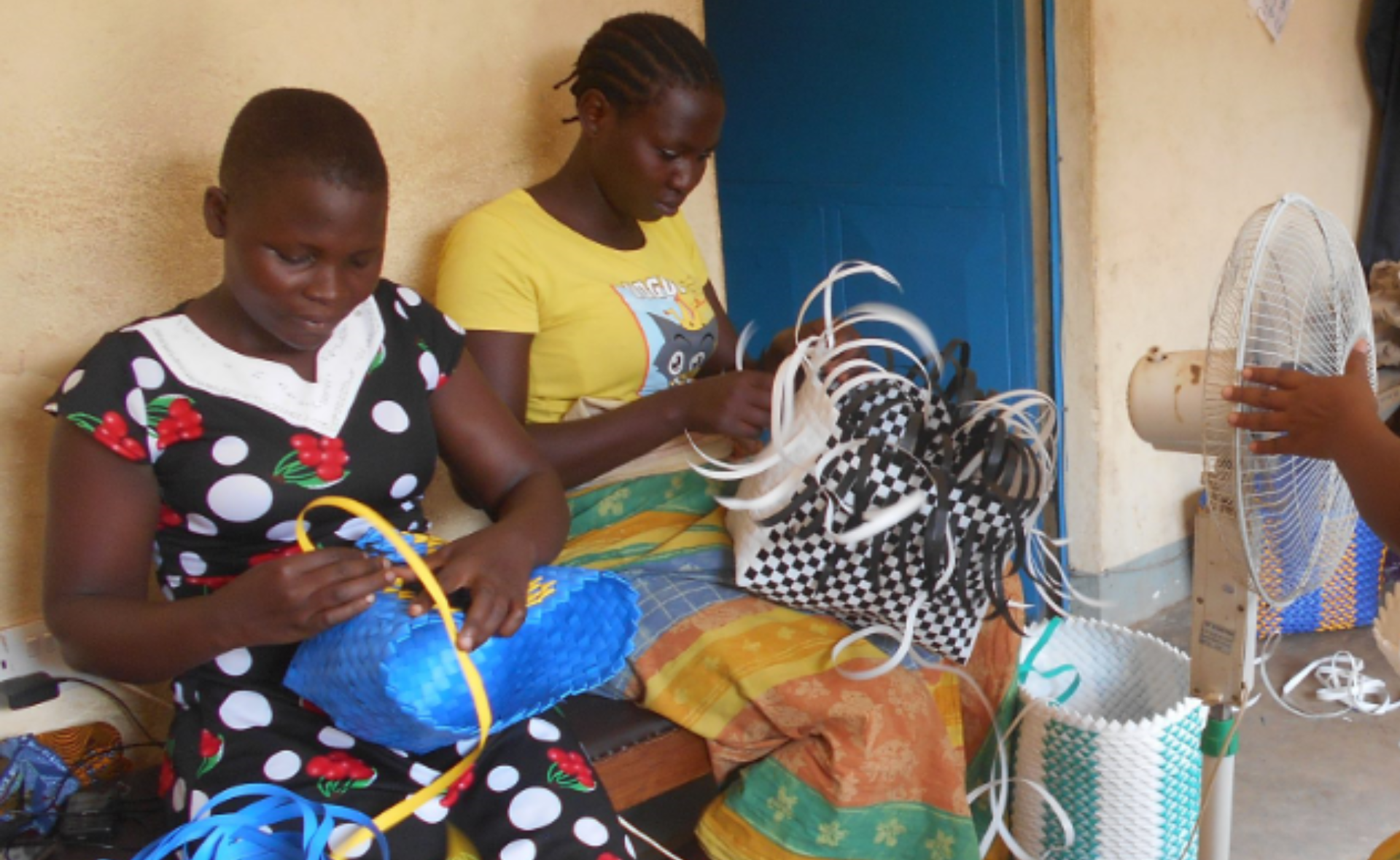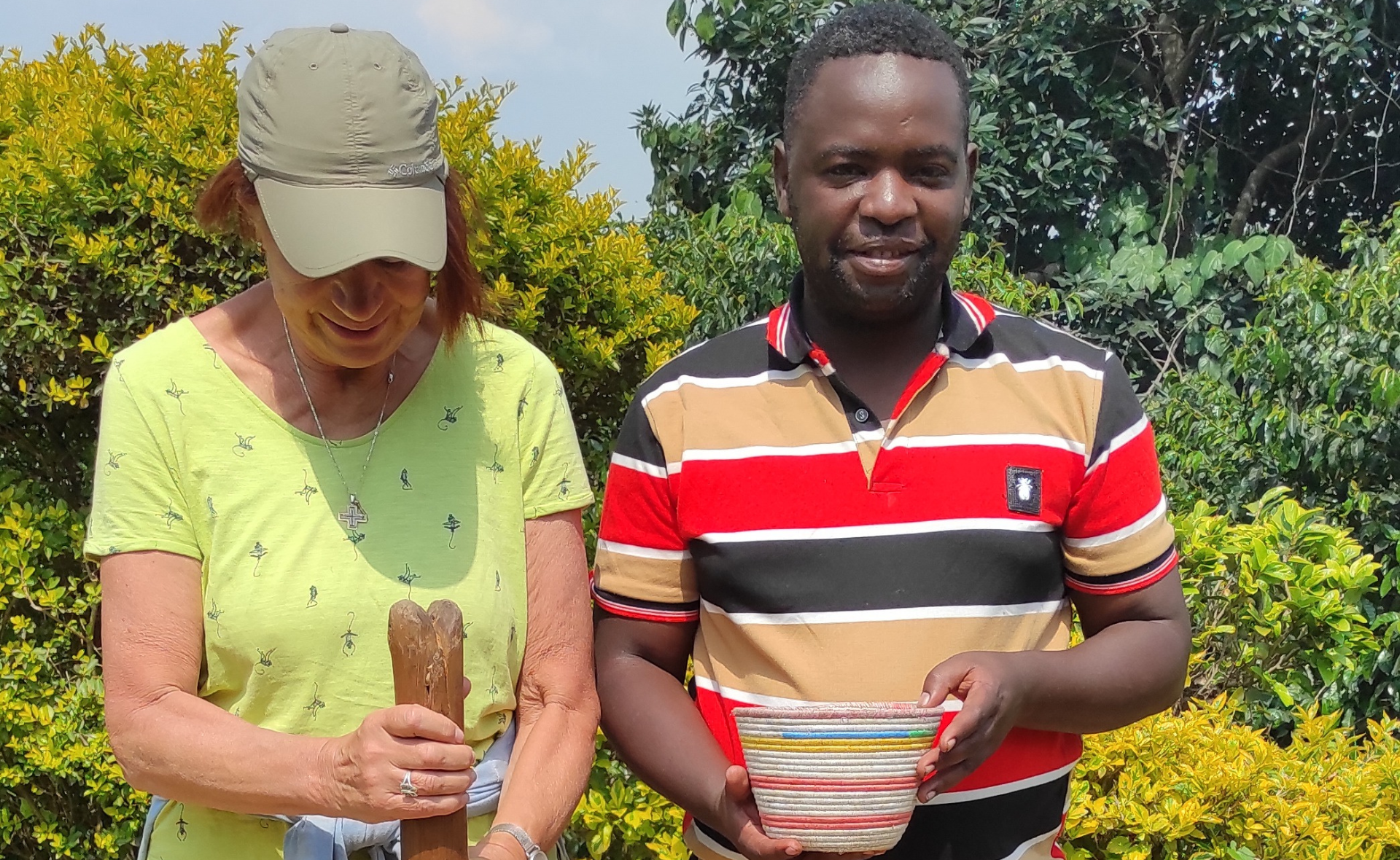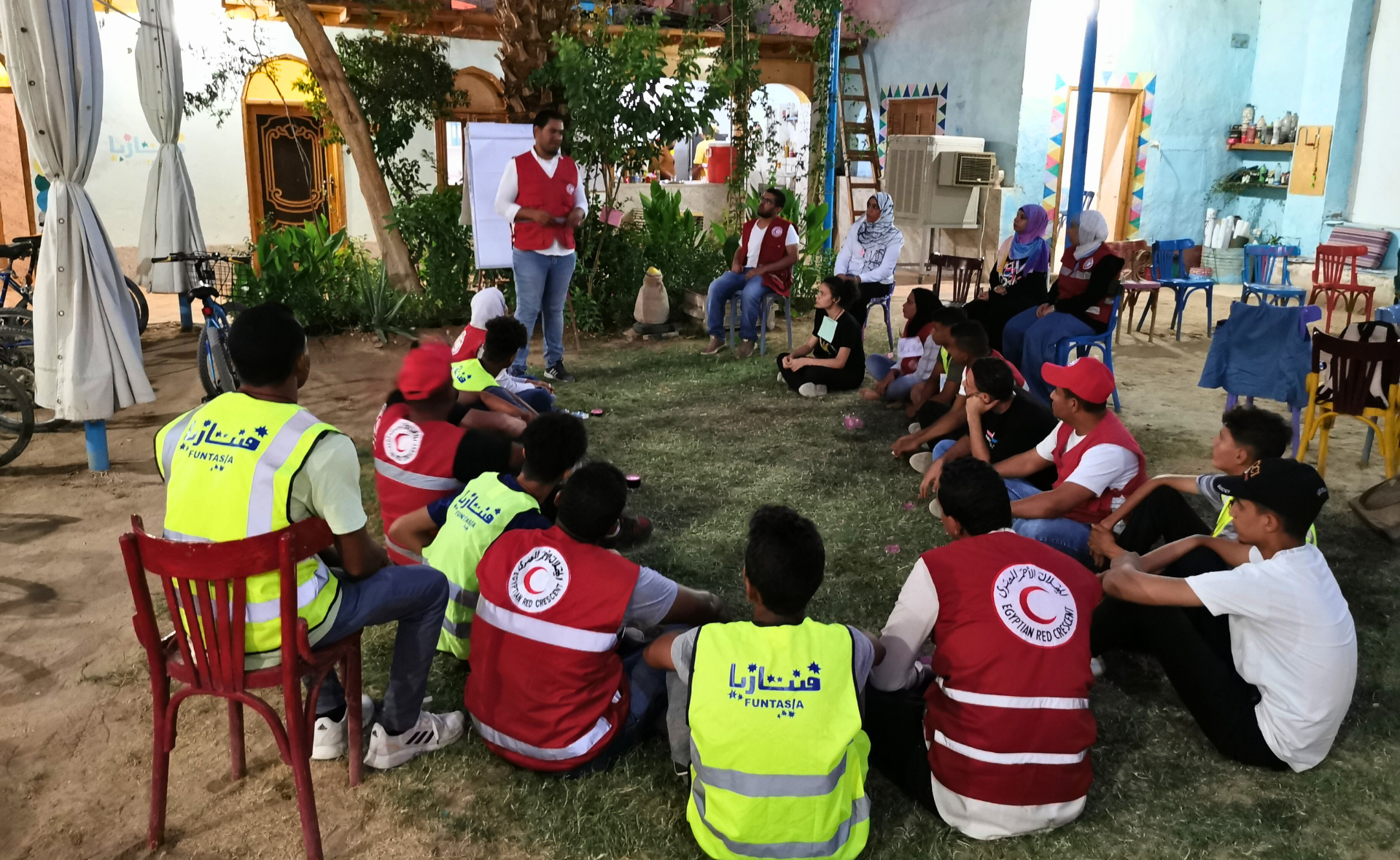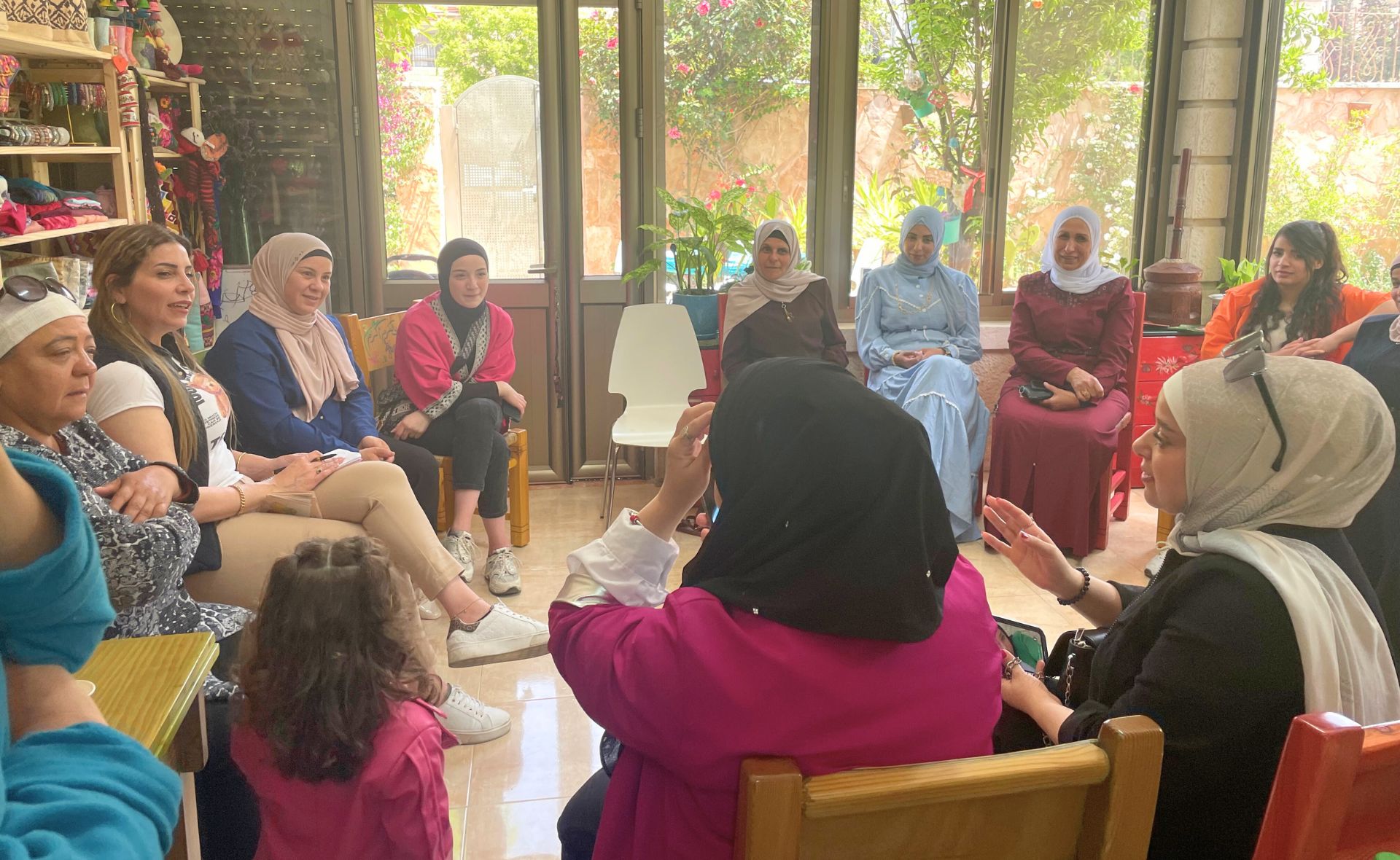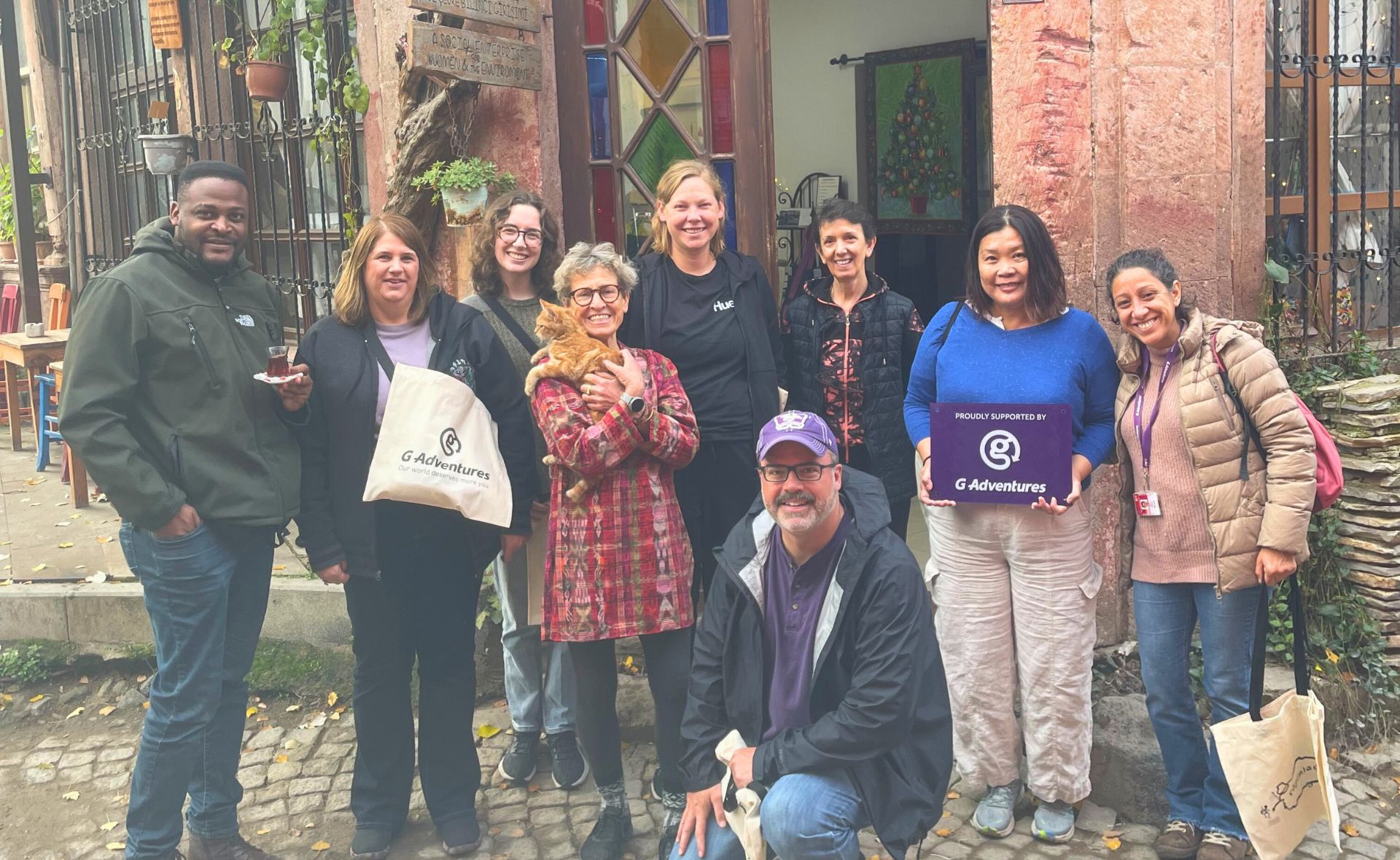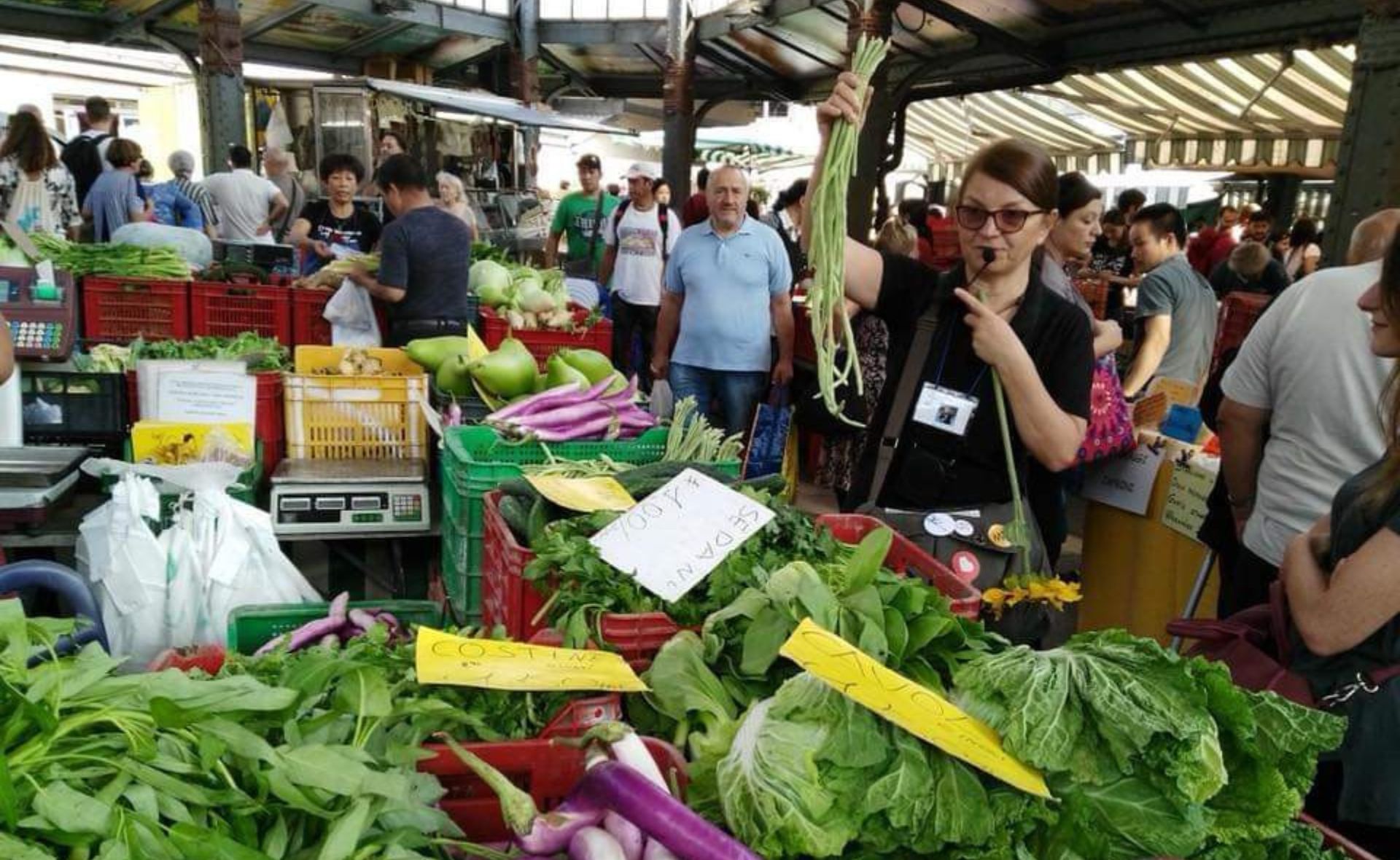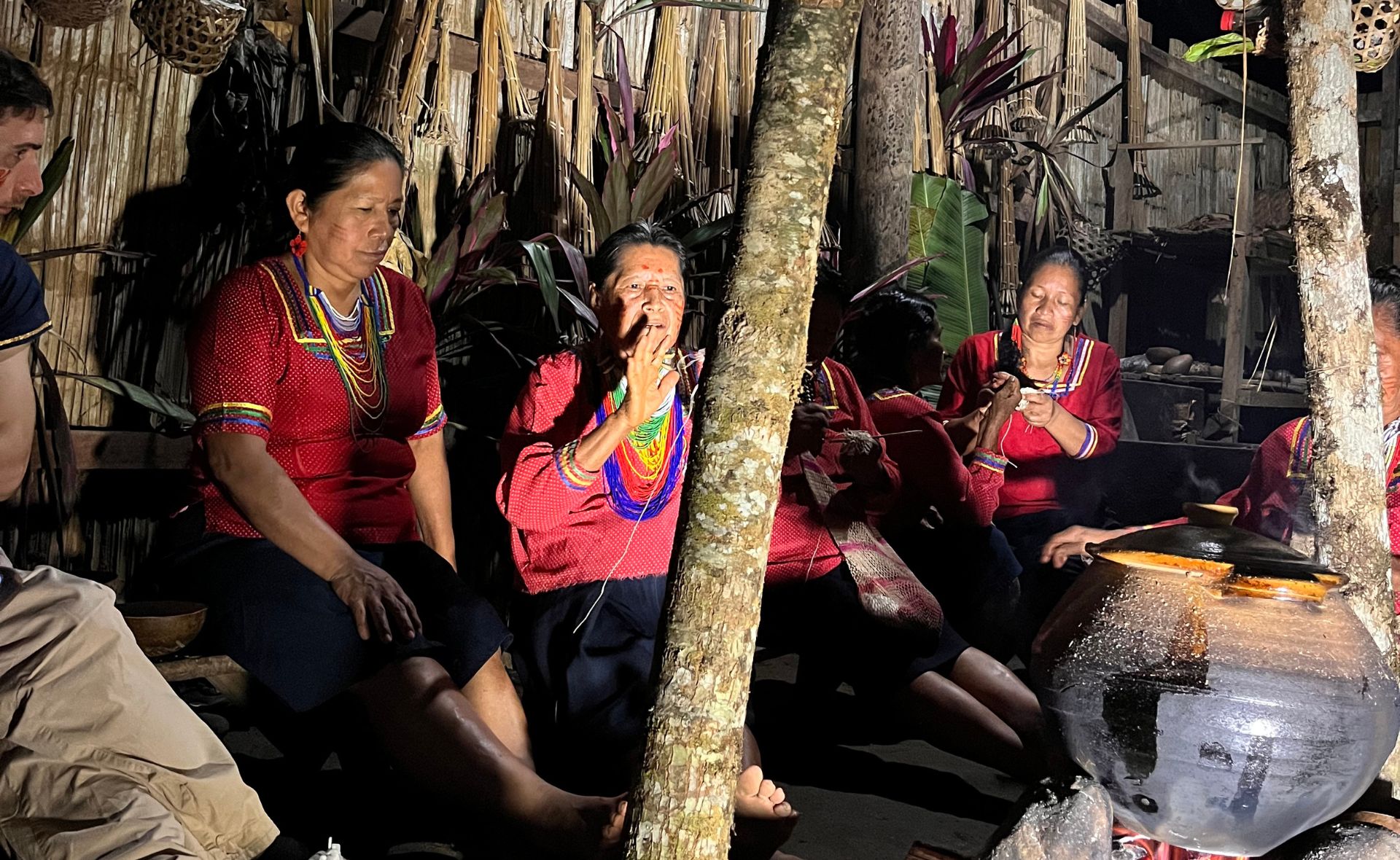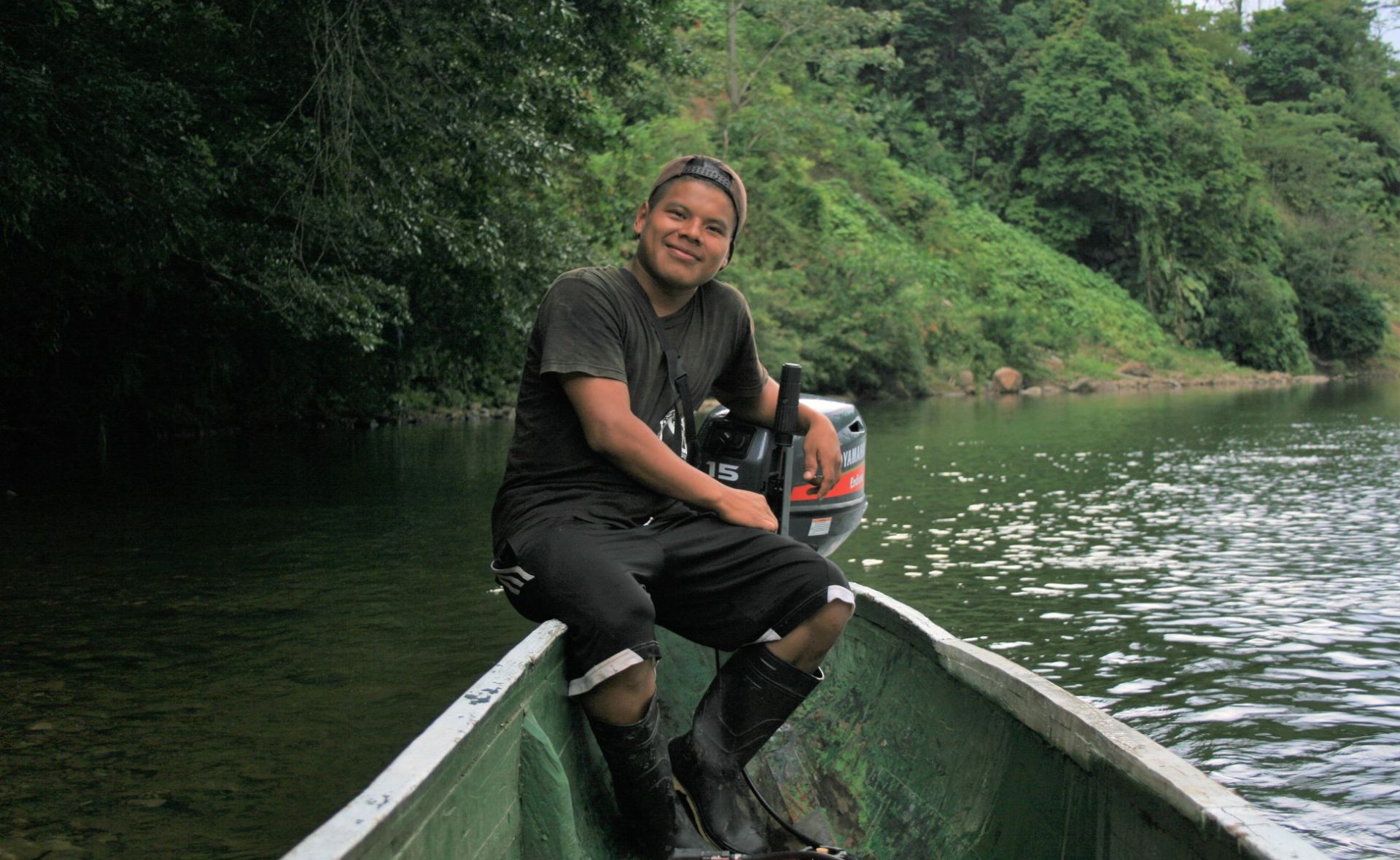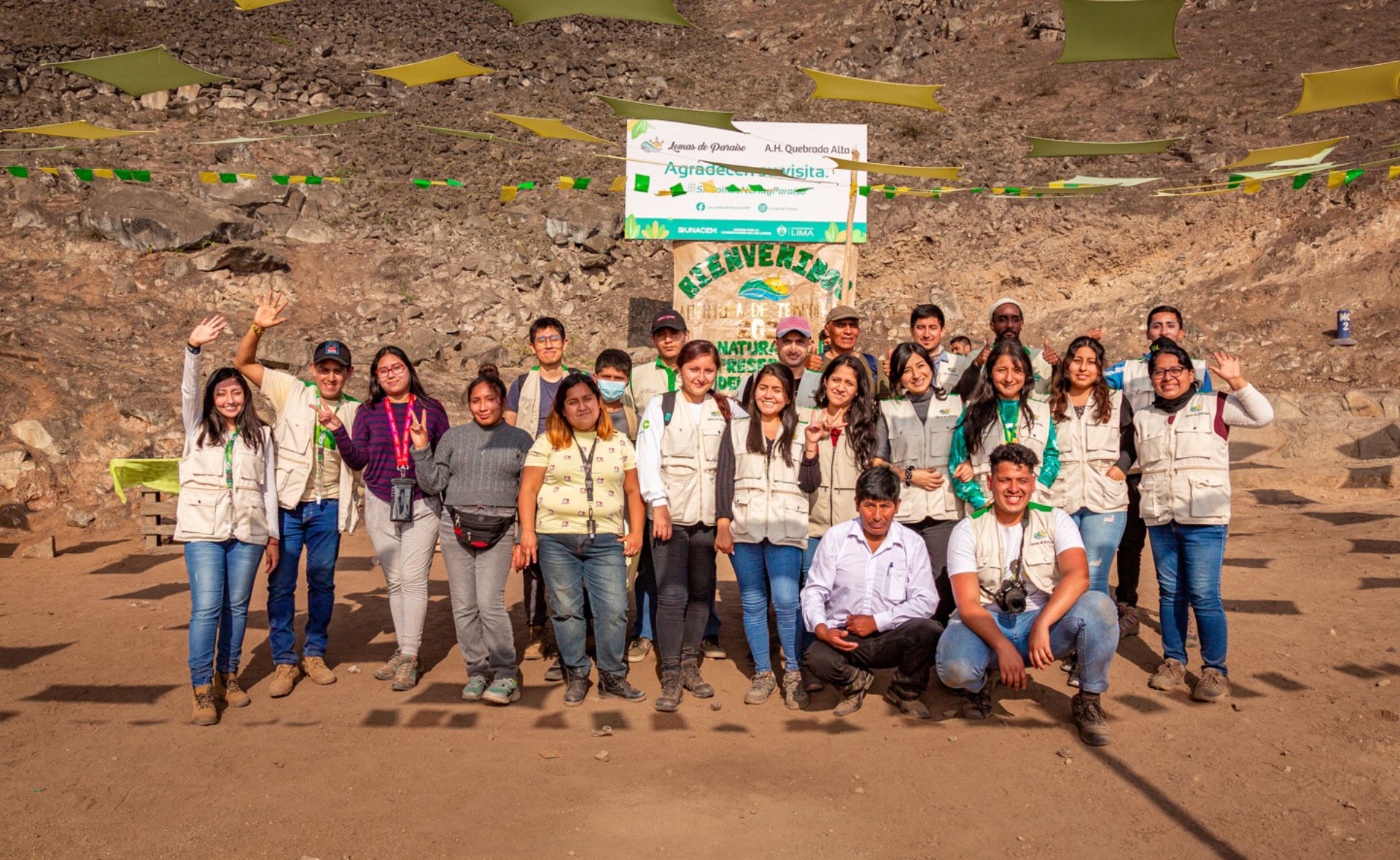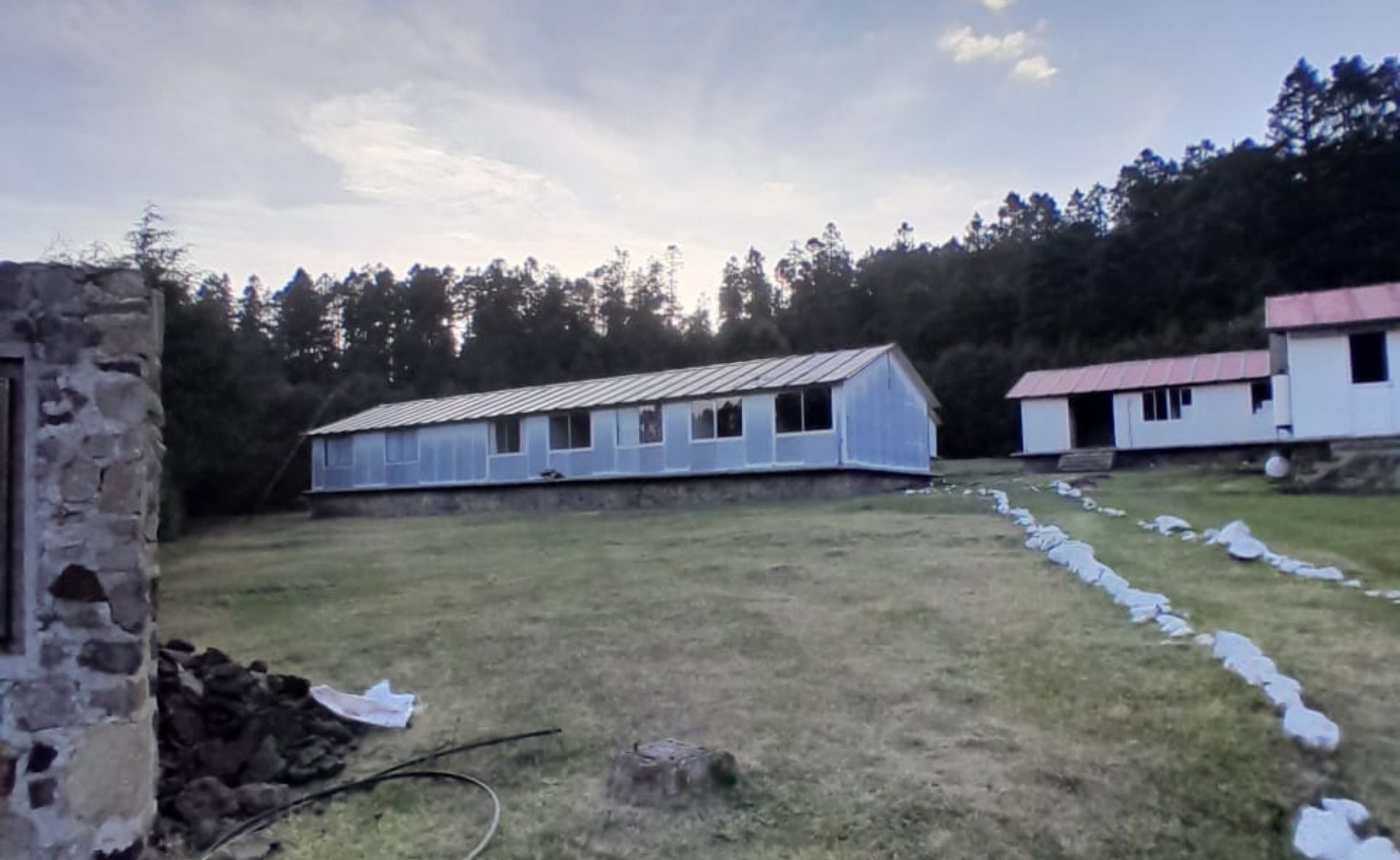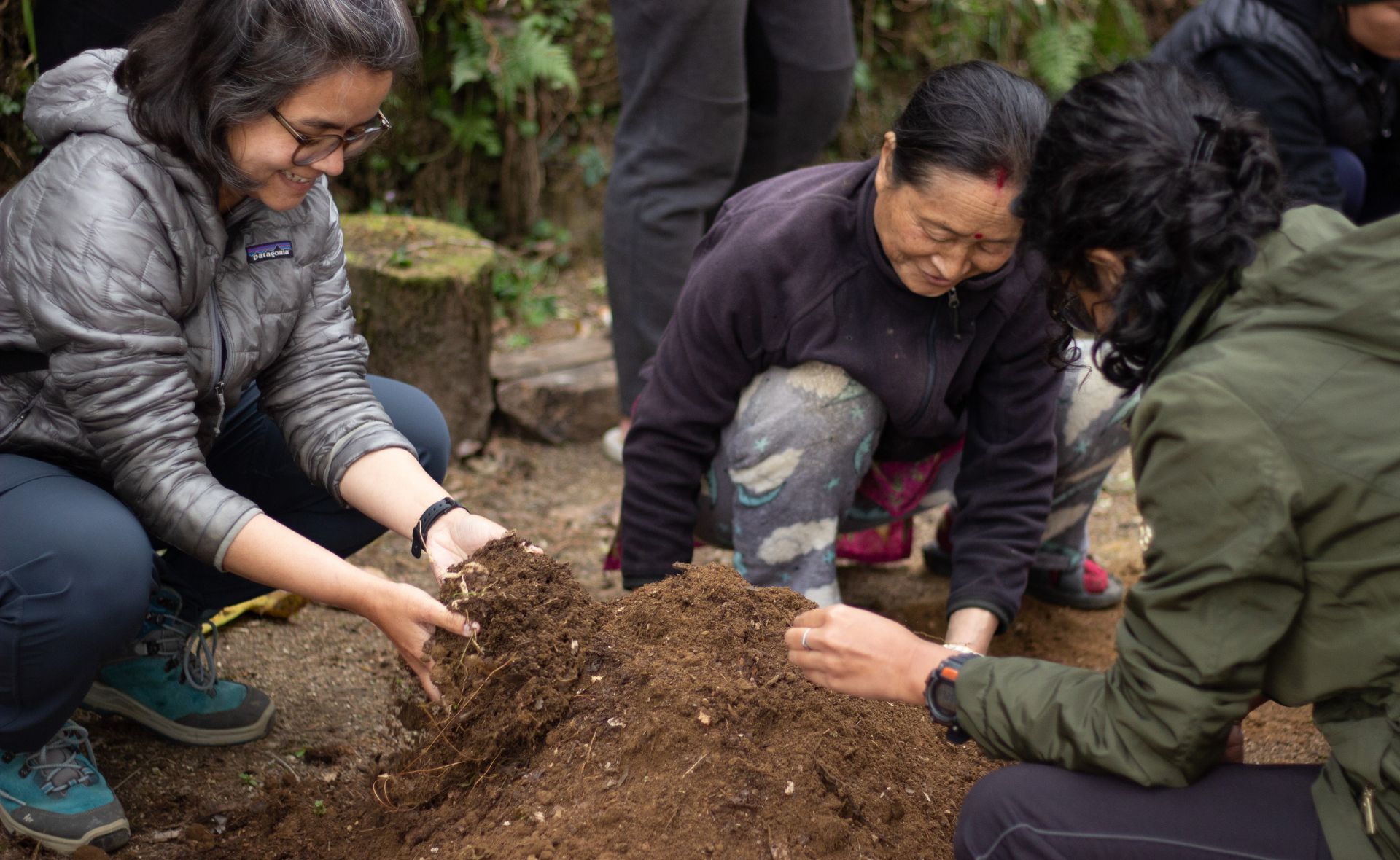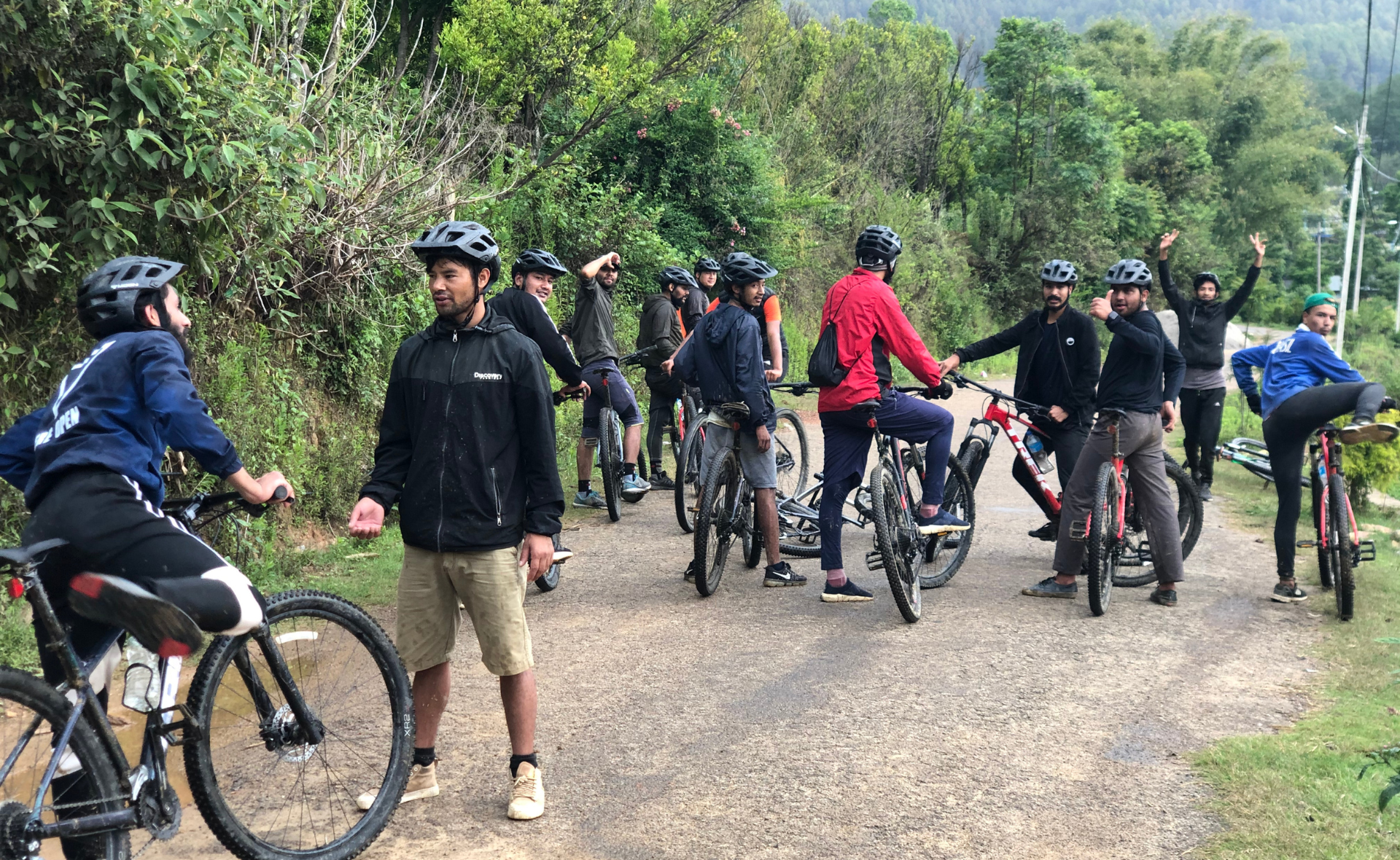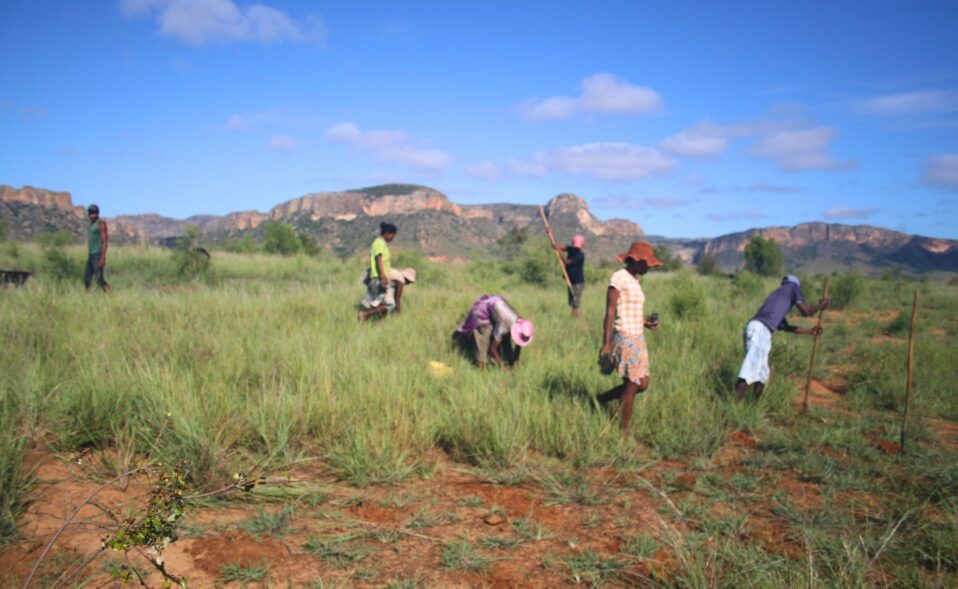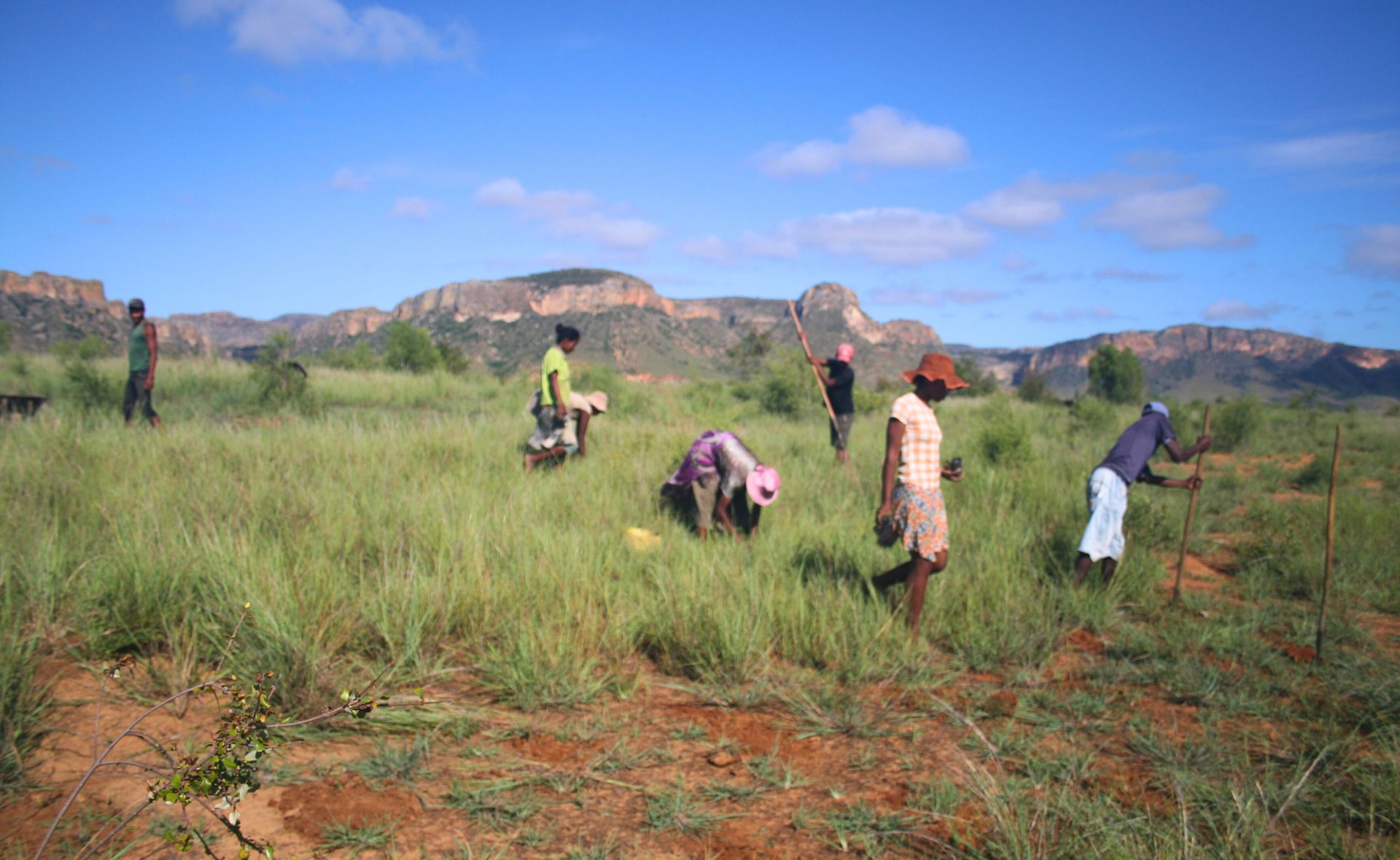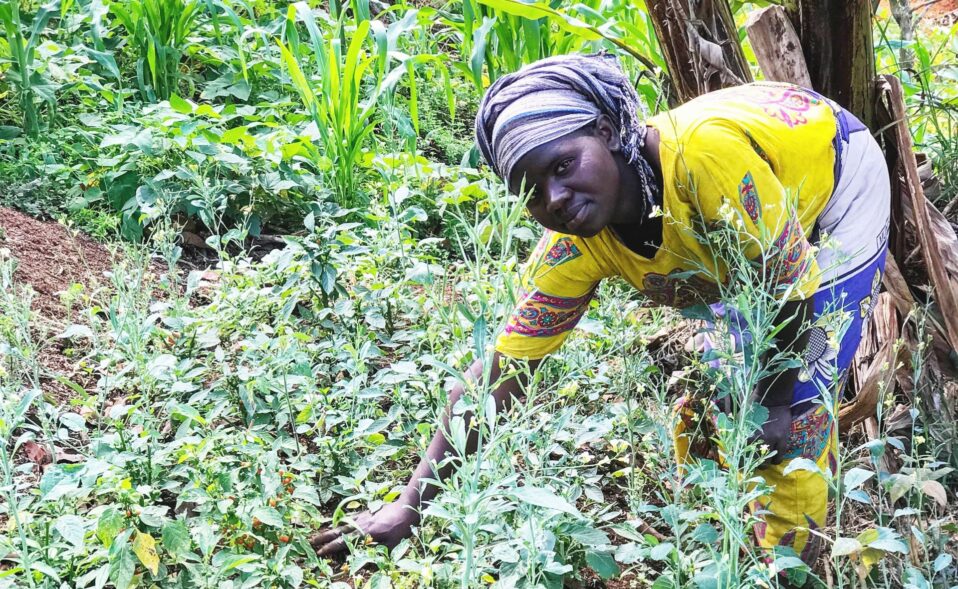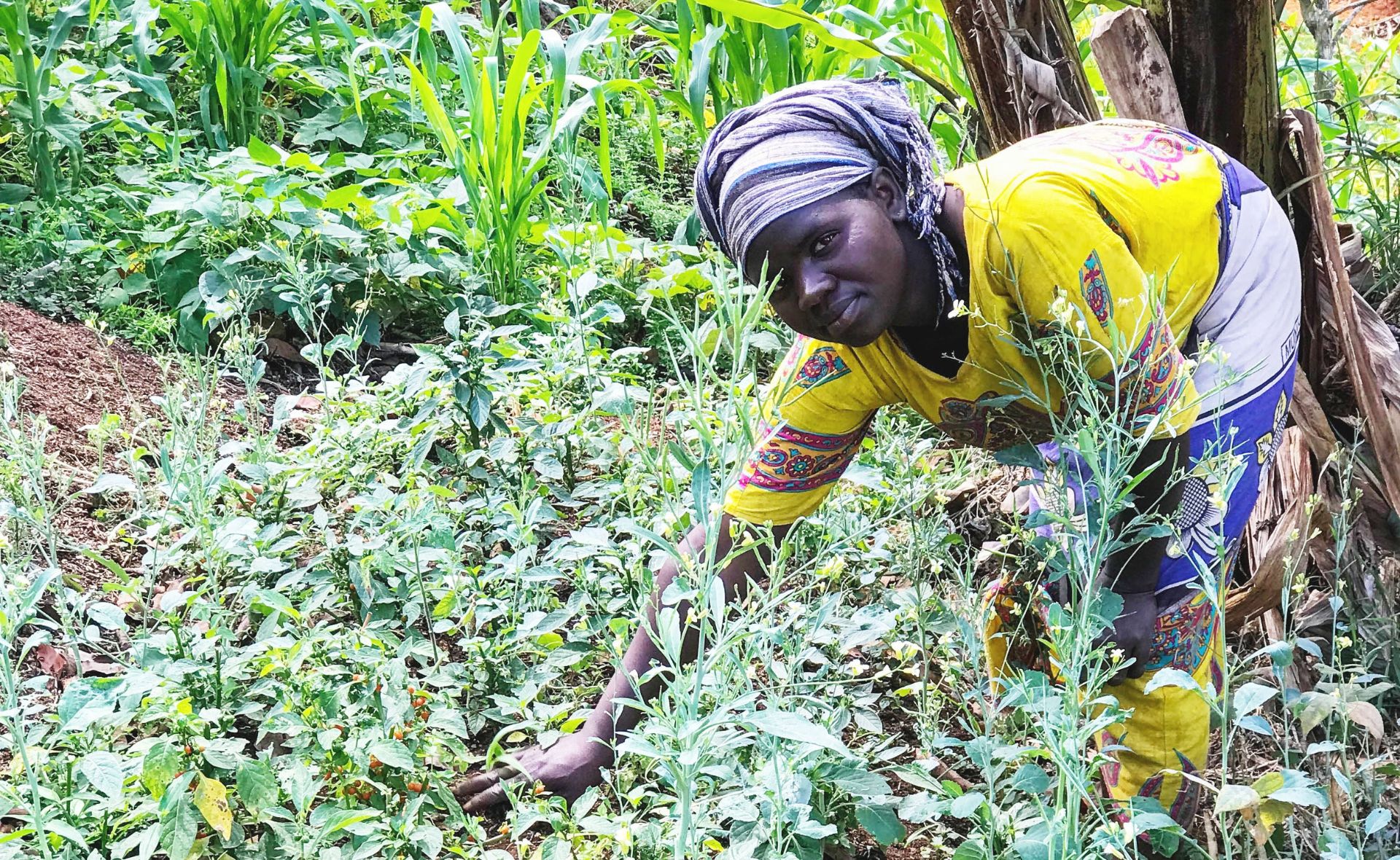In San Antonio Aguas Calientes, Guatemala, the Chok’ojol Juyú Training Center is keeping Kaqchikel Maya traditions alive. Focused on empowering local women and children, the center ensures that ancestral textile techniques are passed down while also providing sustainable income opportunities through community tourism.

When the center was founded, 90% of local girls wanted to learn to weave but had no teachers. Today, 43 students, 35 girls and 8 boys, graduate from Chok’ojol Juyú able to create complete textile pieces, preserving a craft that was at risk of disappearing. Boys are also learning, challenging traditional gender roles, while the community gains pride and cultural continuity.
Through tourism, the center shares this heritage directly with visitors. Travellers participate in interactive backstrap loom weaving workshops, learning double-brocade techniques unique to Guatemala, enjoy traditional Mayan lunches cooked over wood fires, and even wear locally made clothing.
Visits are carefully managed to support the local economy and fund free weaving classes for children, ensuring that tourism benefits the community rather than simply observing it.

Planeterra supports Chok’ojol Juyú by helping integrate their workshops into travel partner offerings, providing grants to improve facilities, and offering access to training through the Planeterra online learning hub. These resources strengthen the community’s capacity to manage tourism sustainably while maintaining full control over how their culture is shared.
The result is a direct, respectful exchange: visitors connect with the women leading their cultural revival, and the community gains economic support, educational opportunities, and pride in their heritage.
Chok’ojol Juyú is demonstrating how communities can lead cultural heritage celebration and economic empowerment while sharing their heritage with the world.



